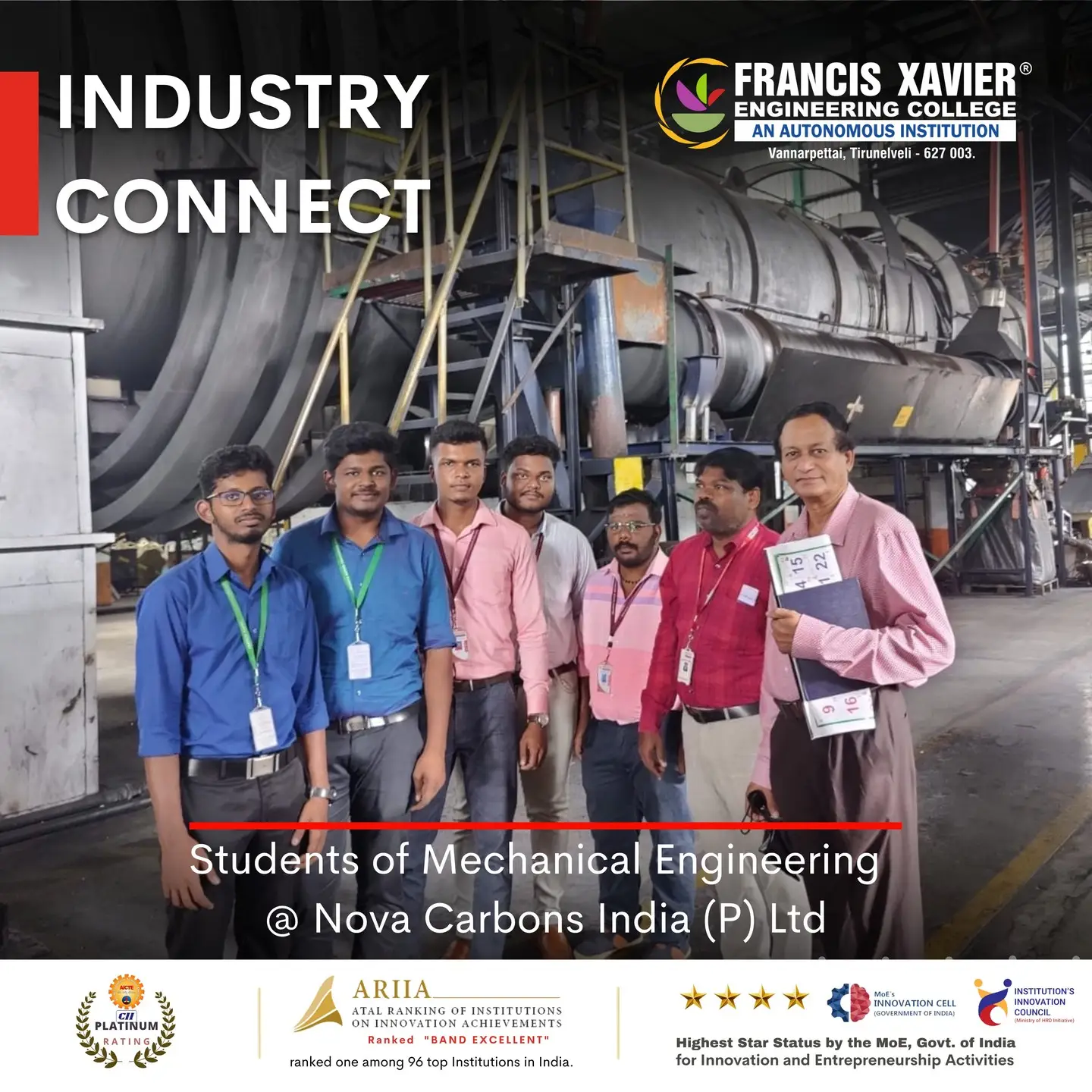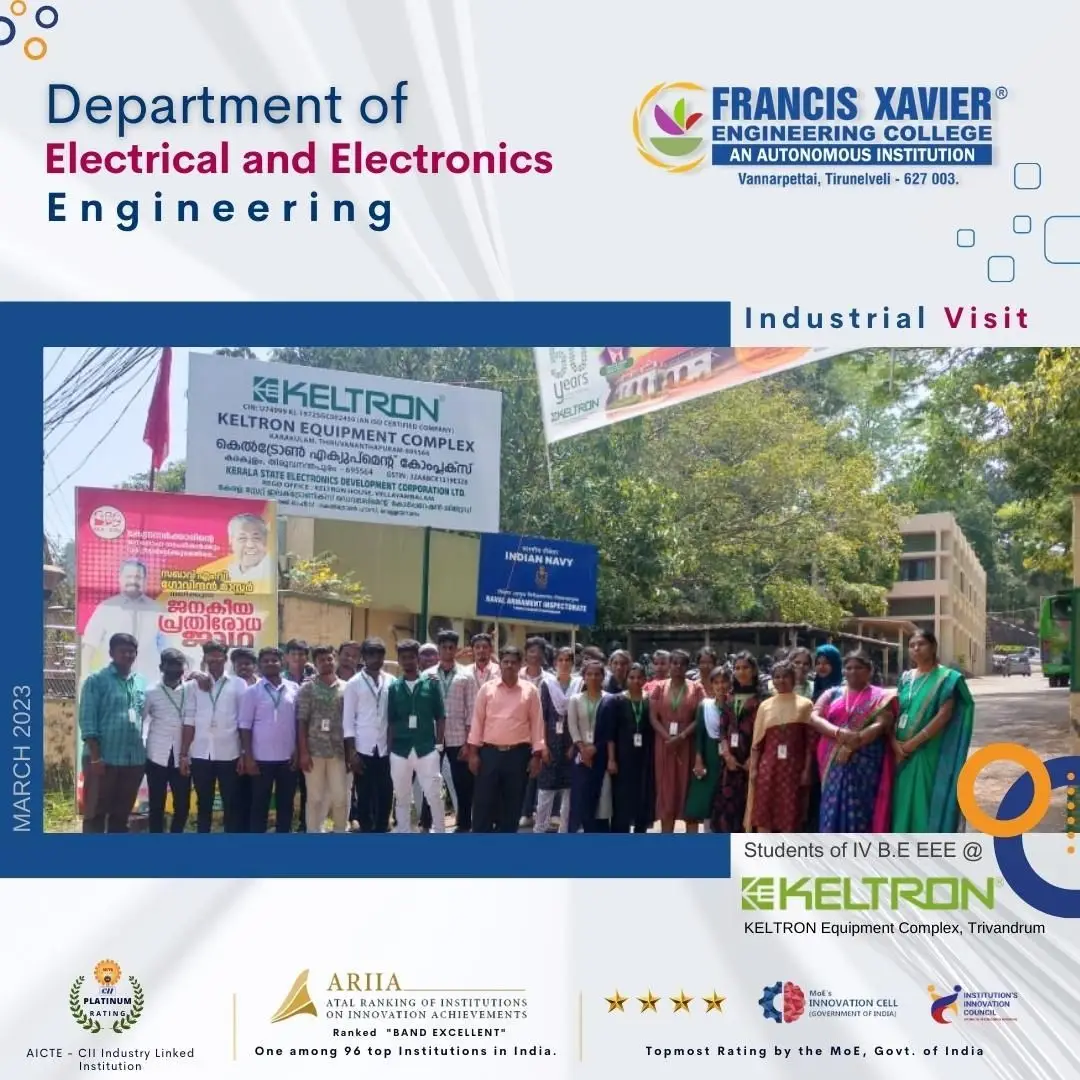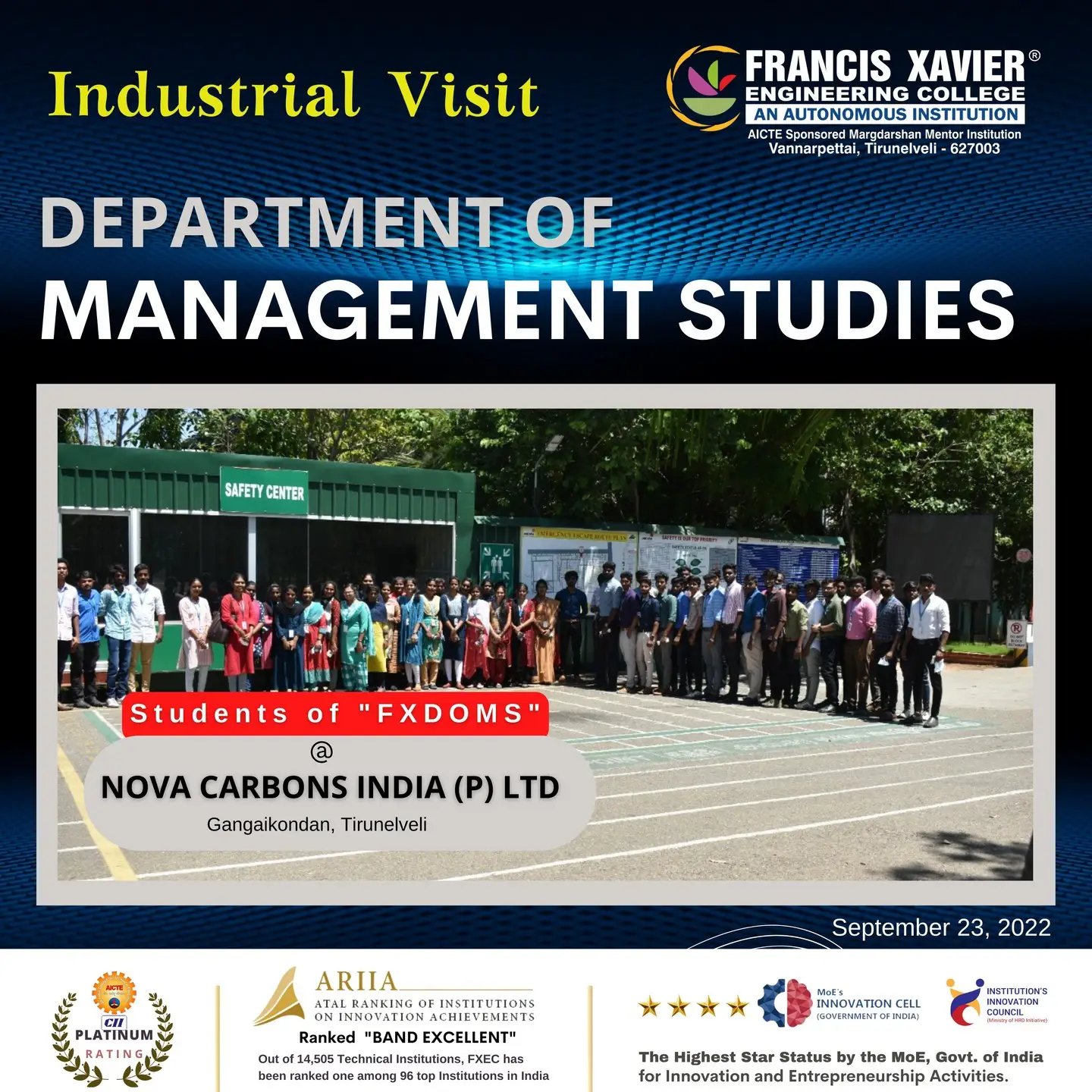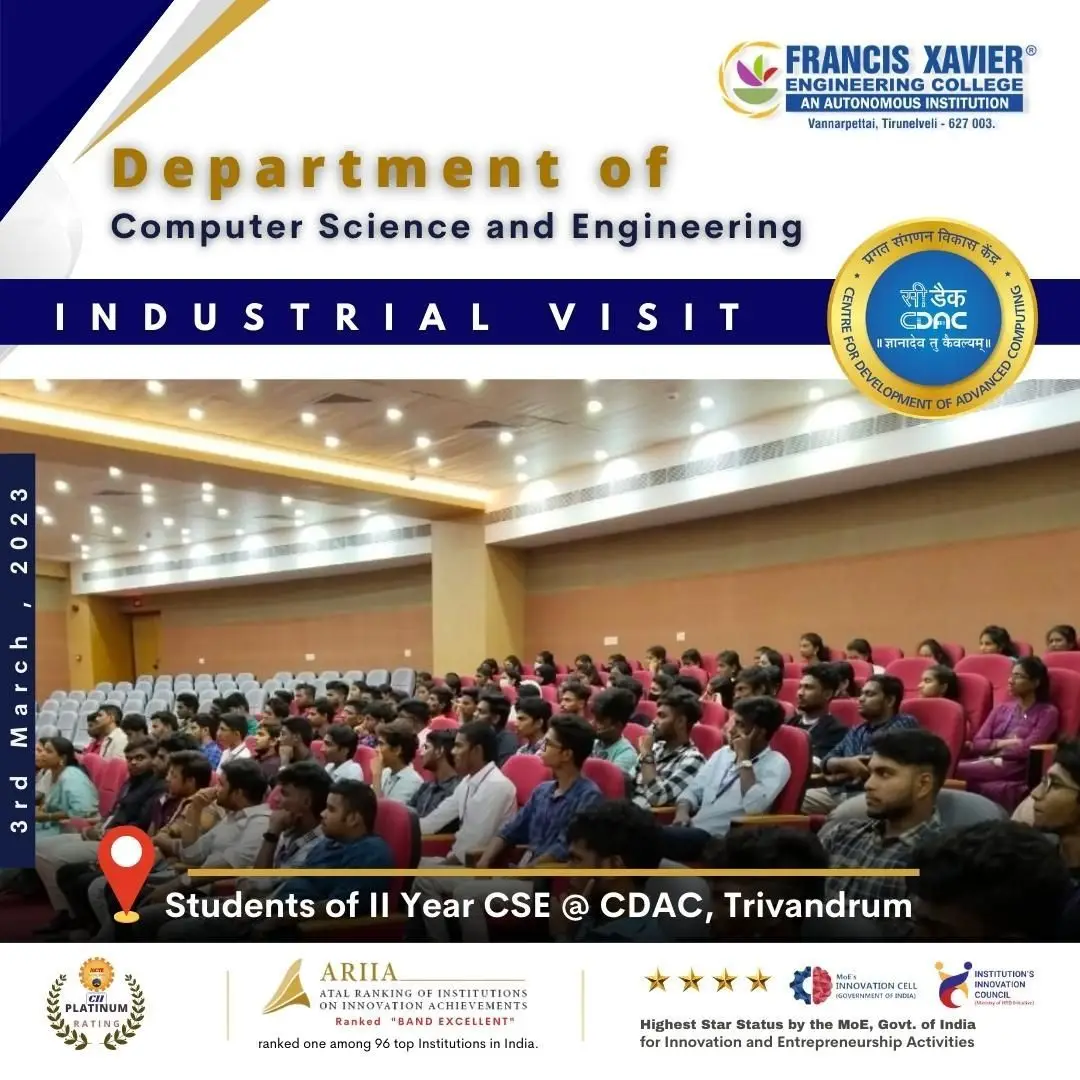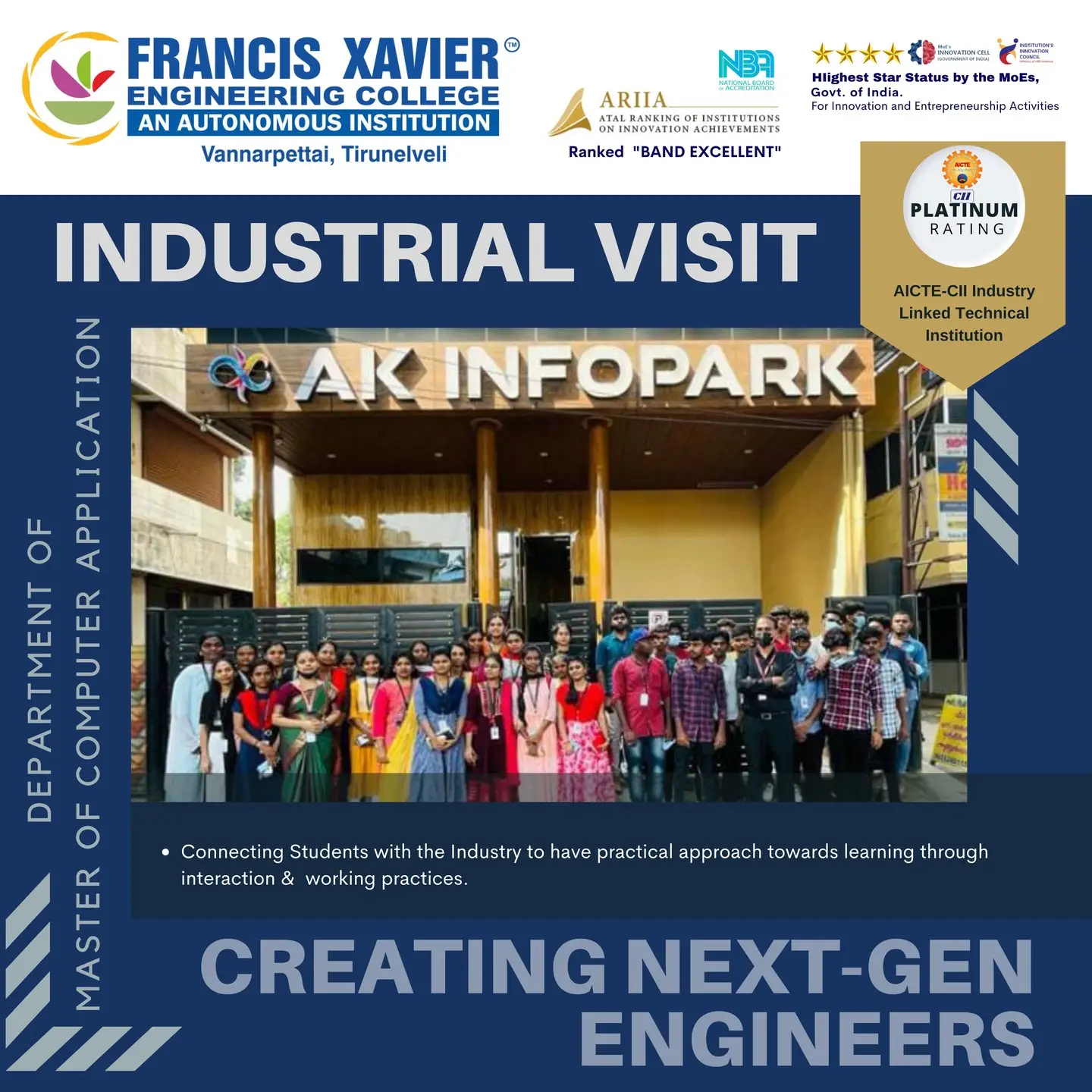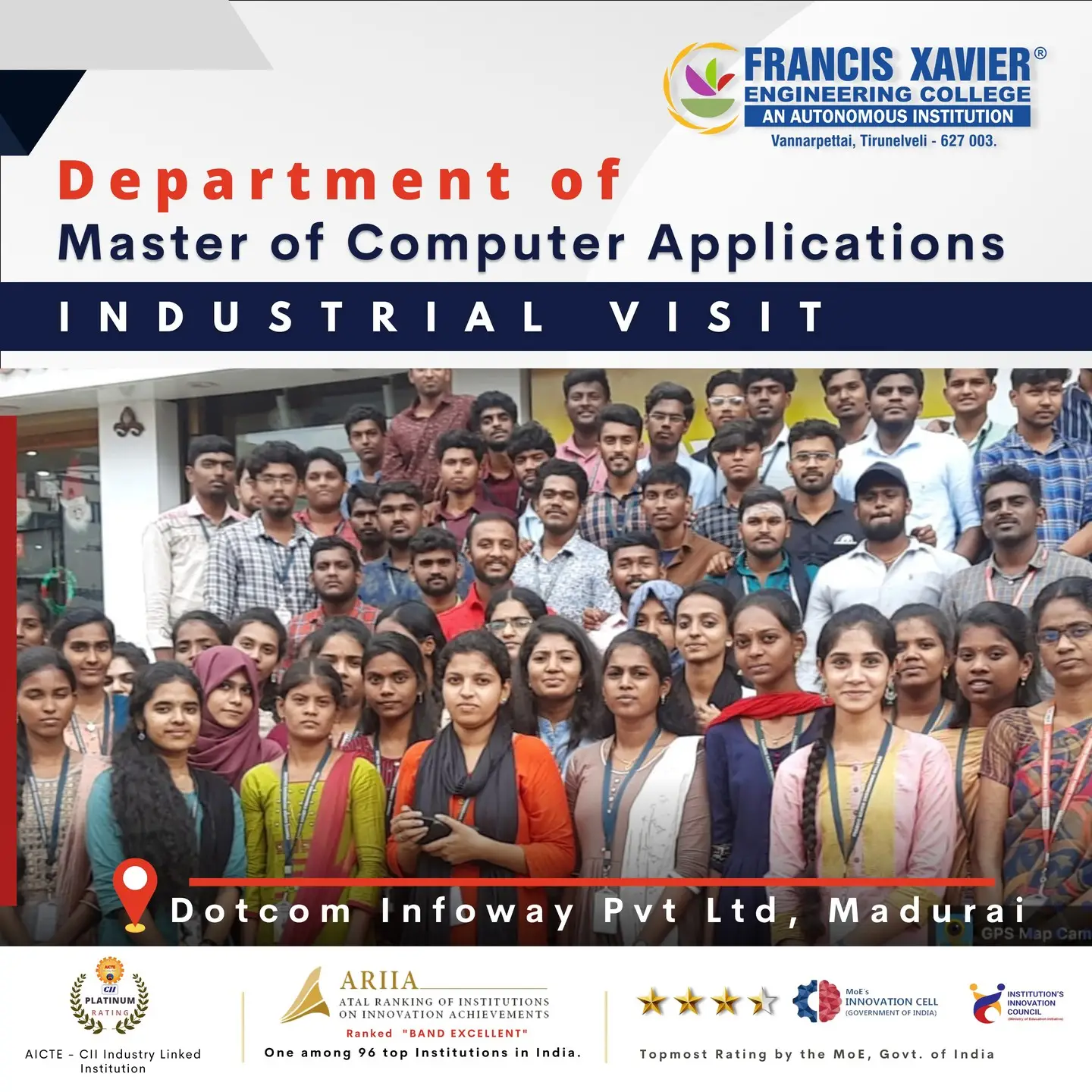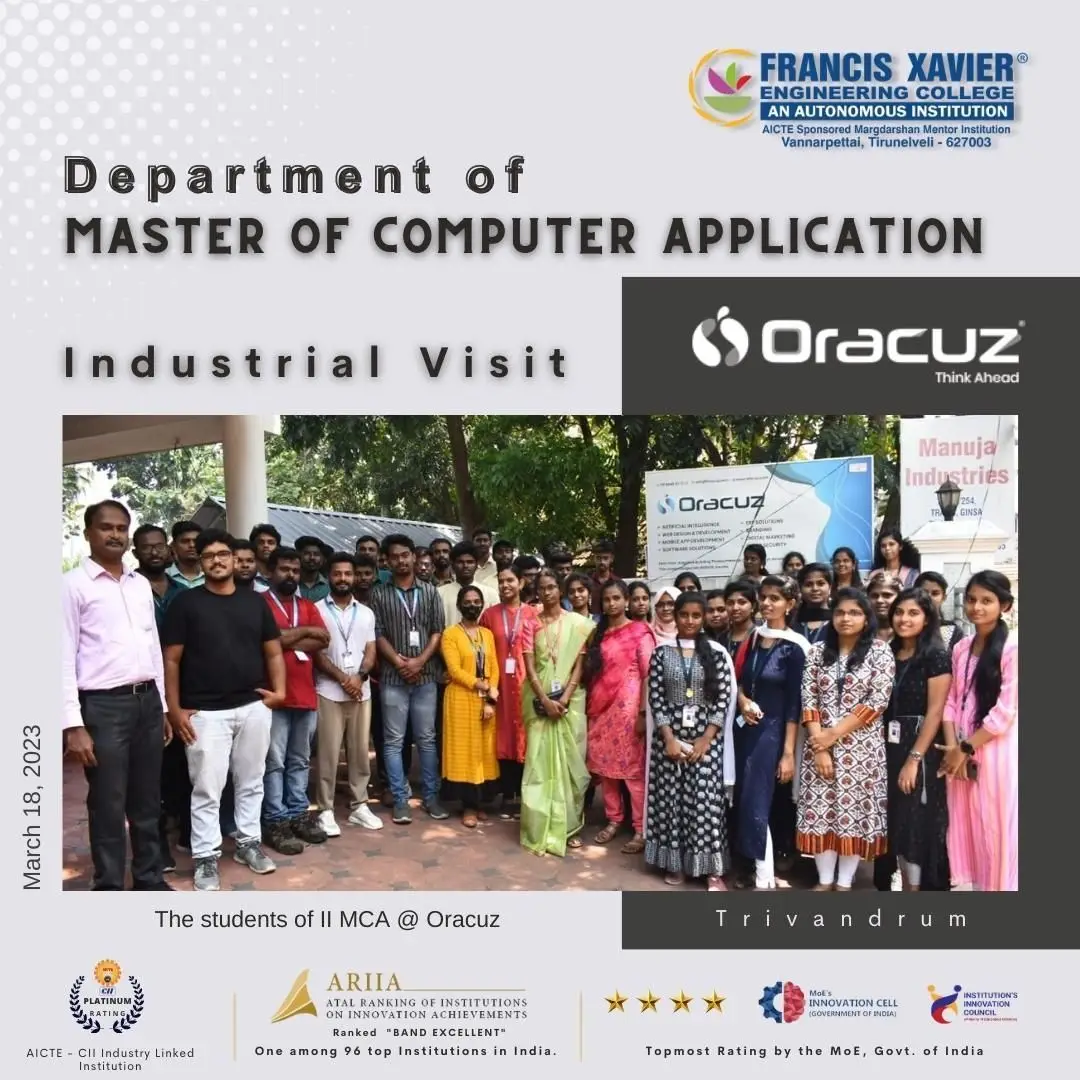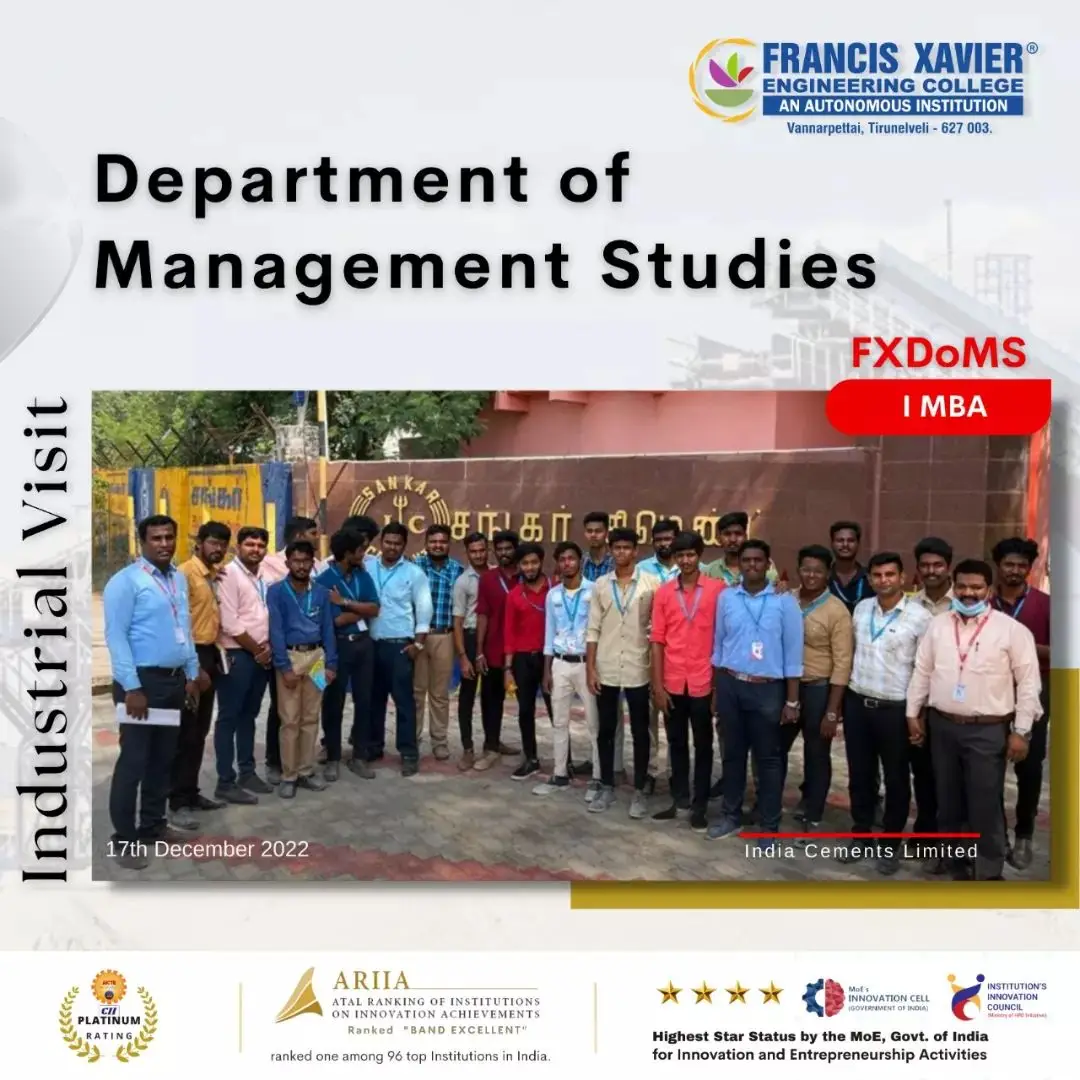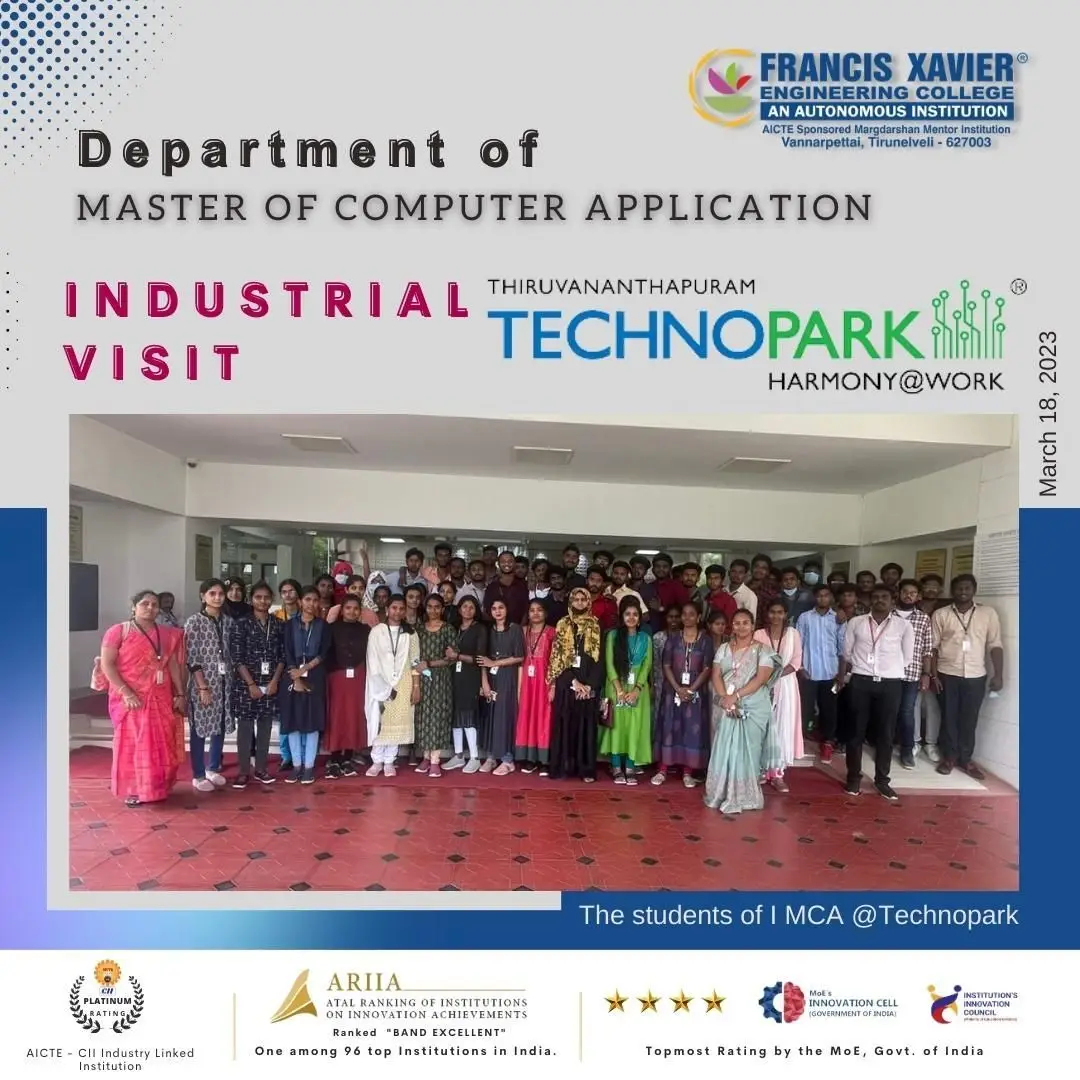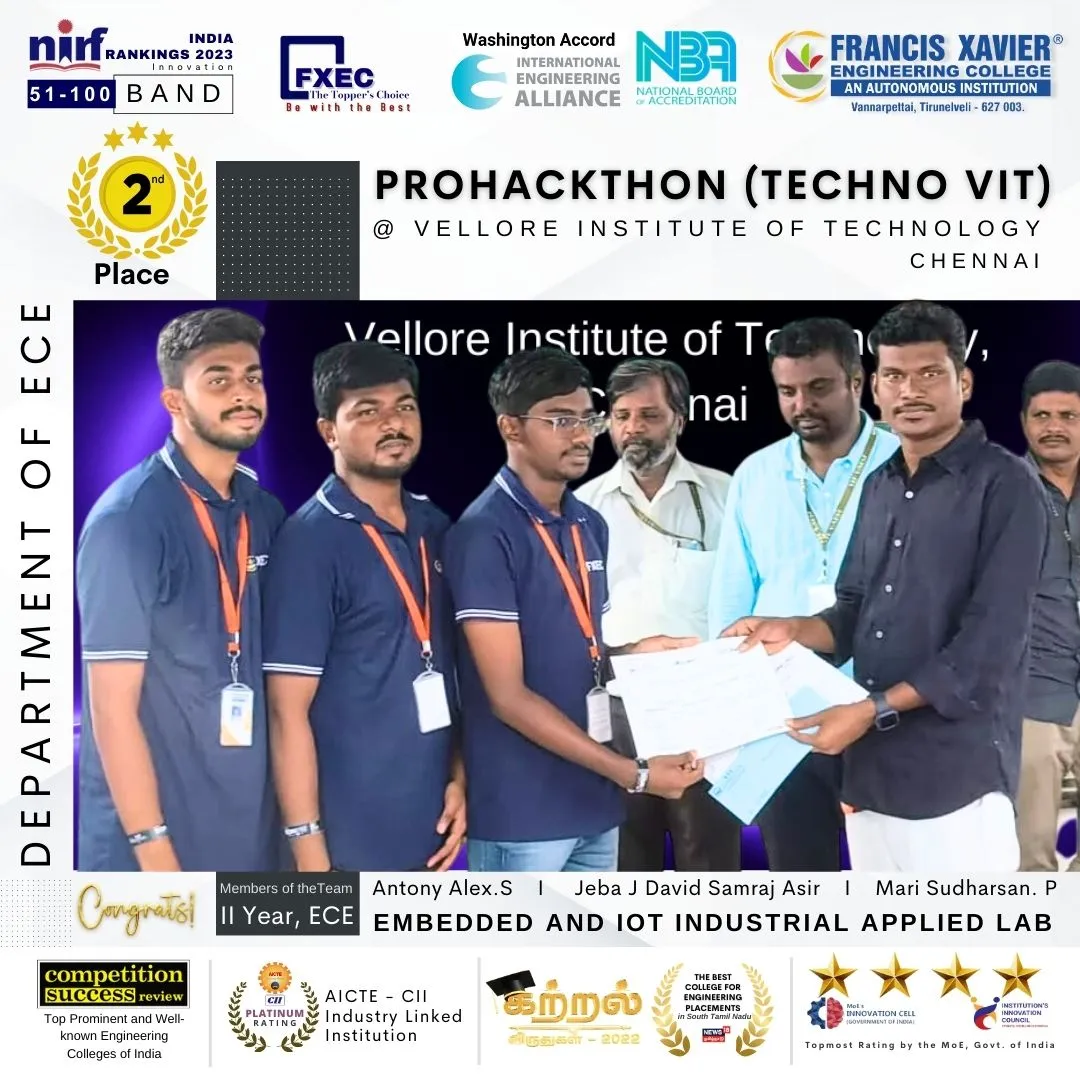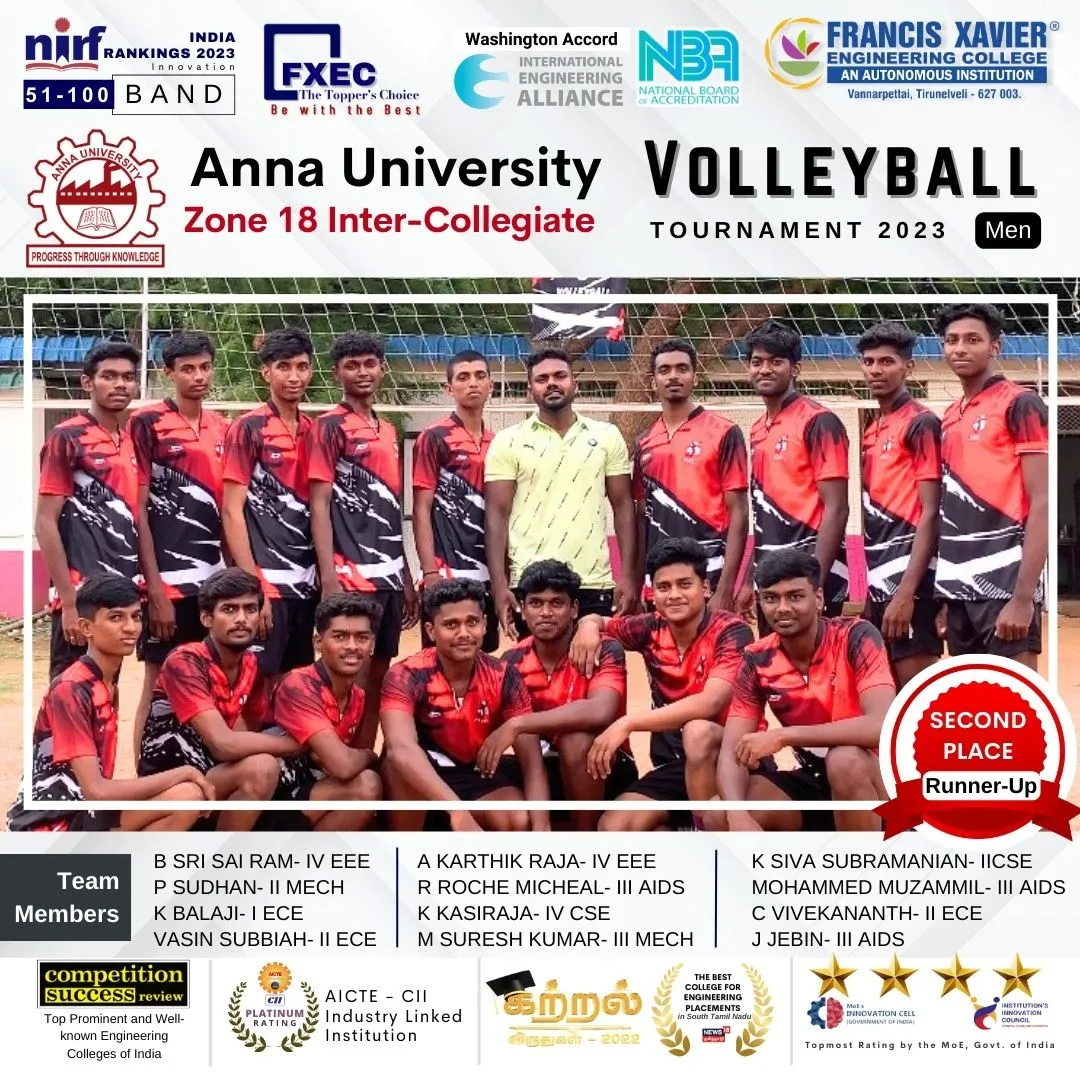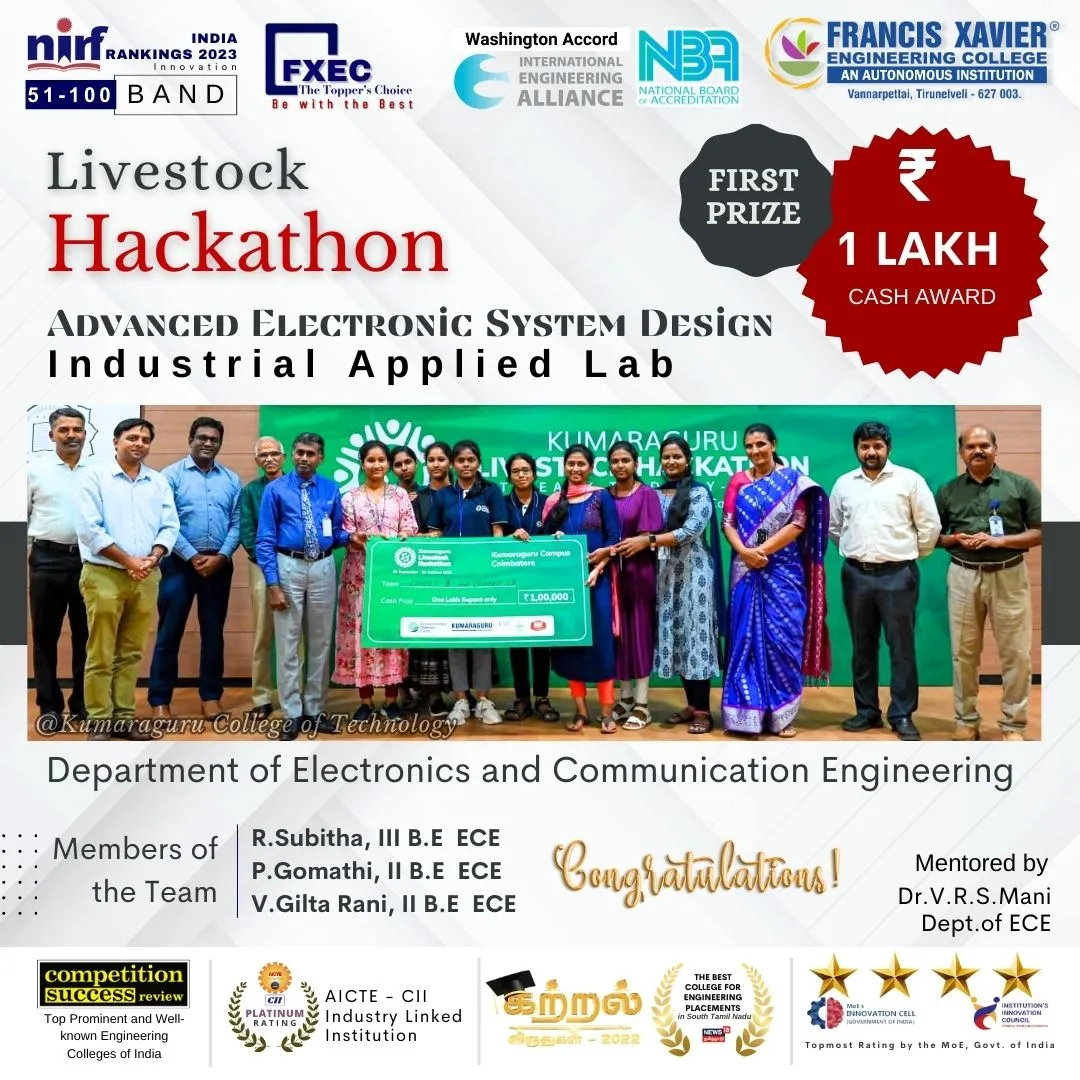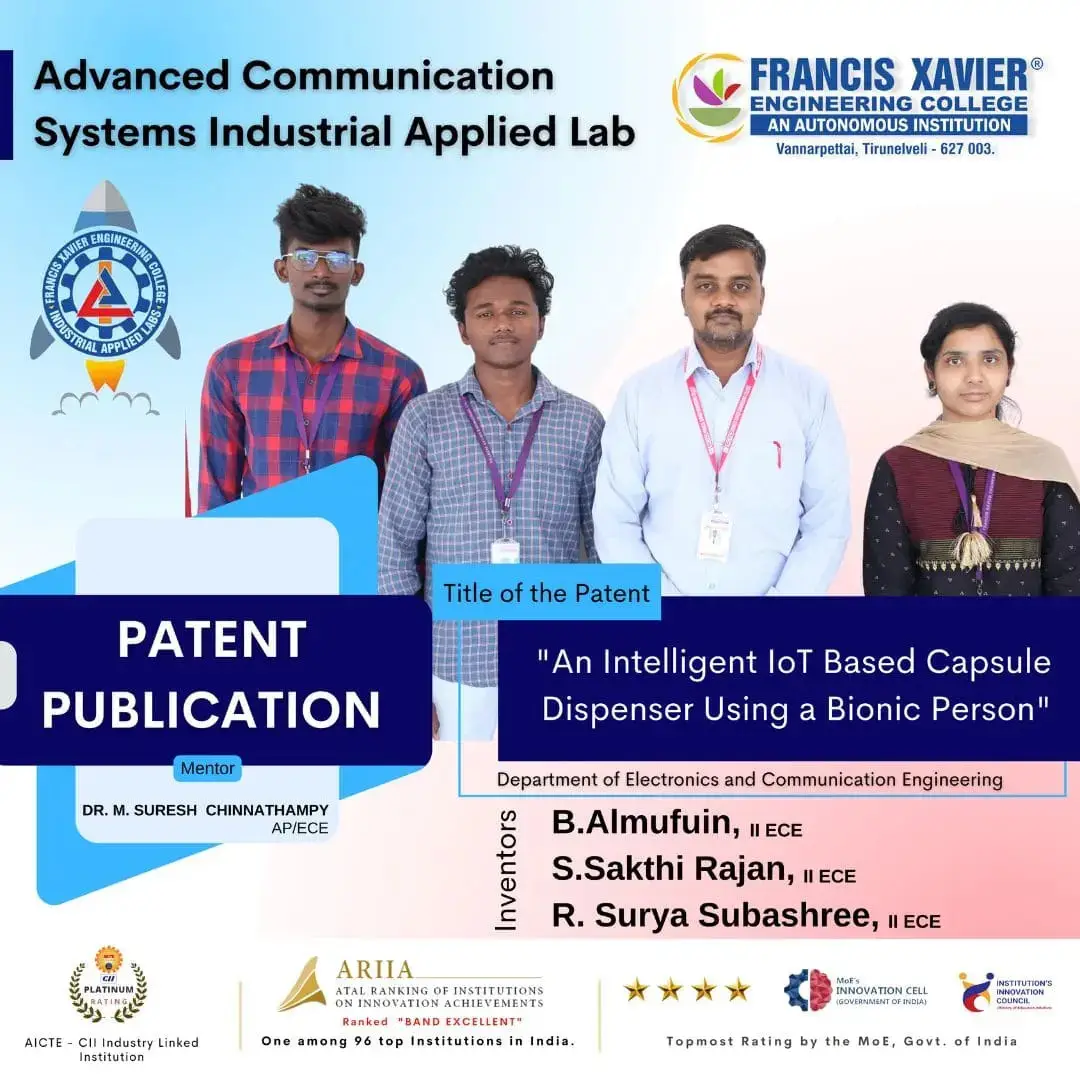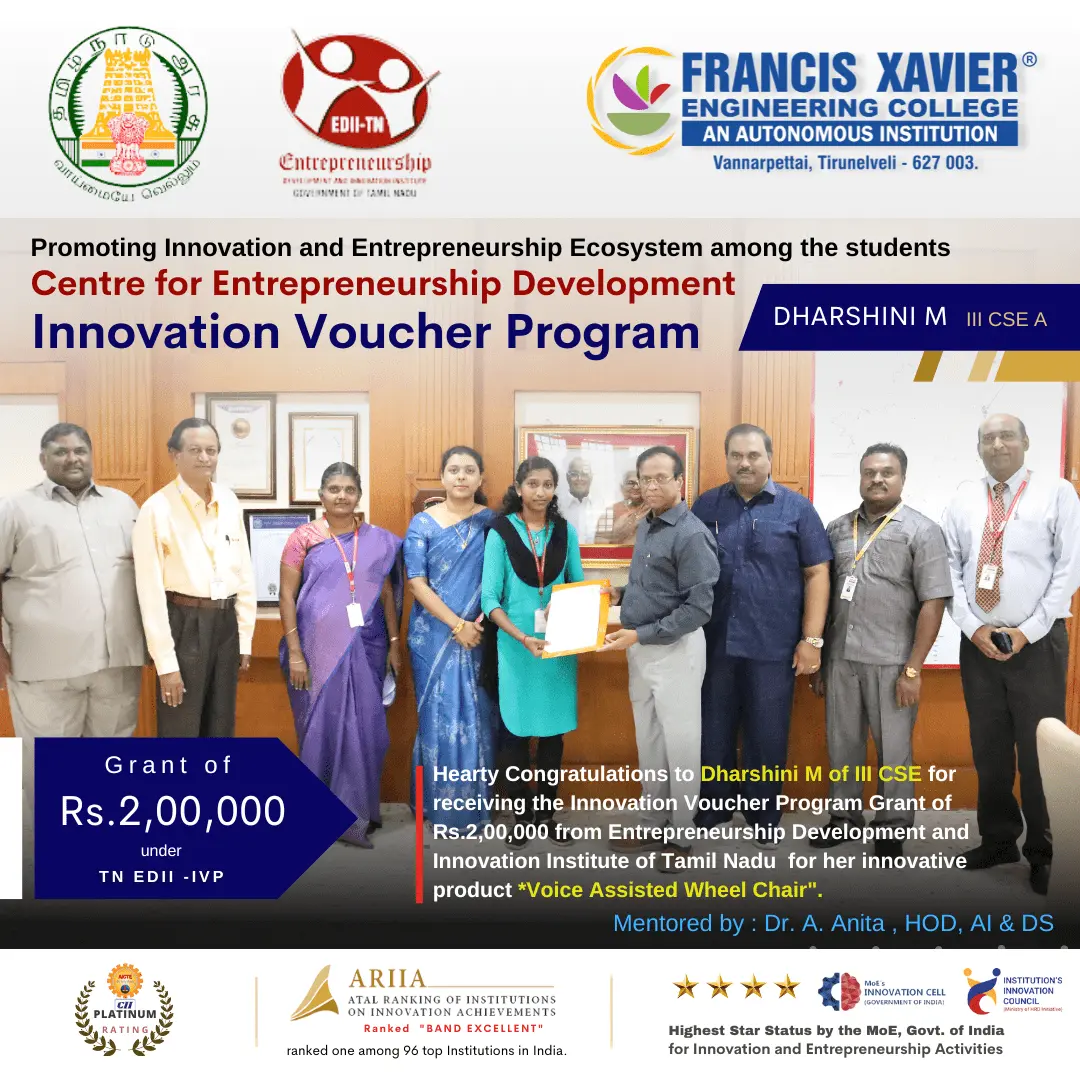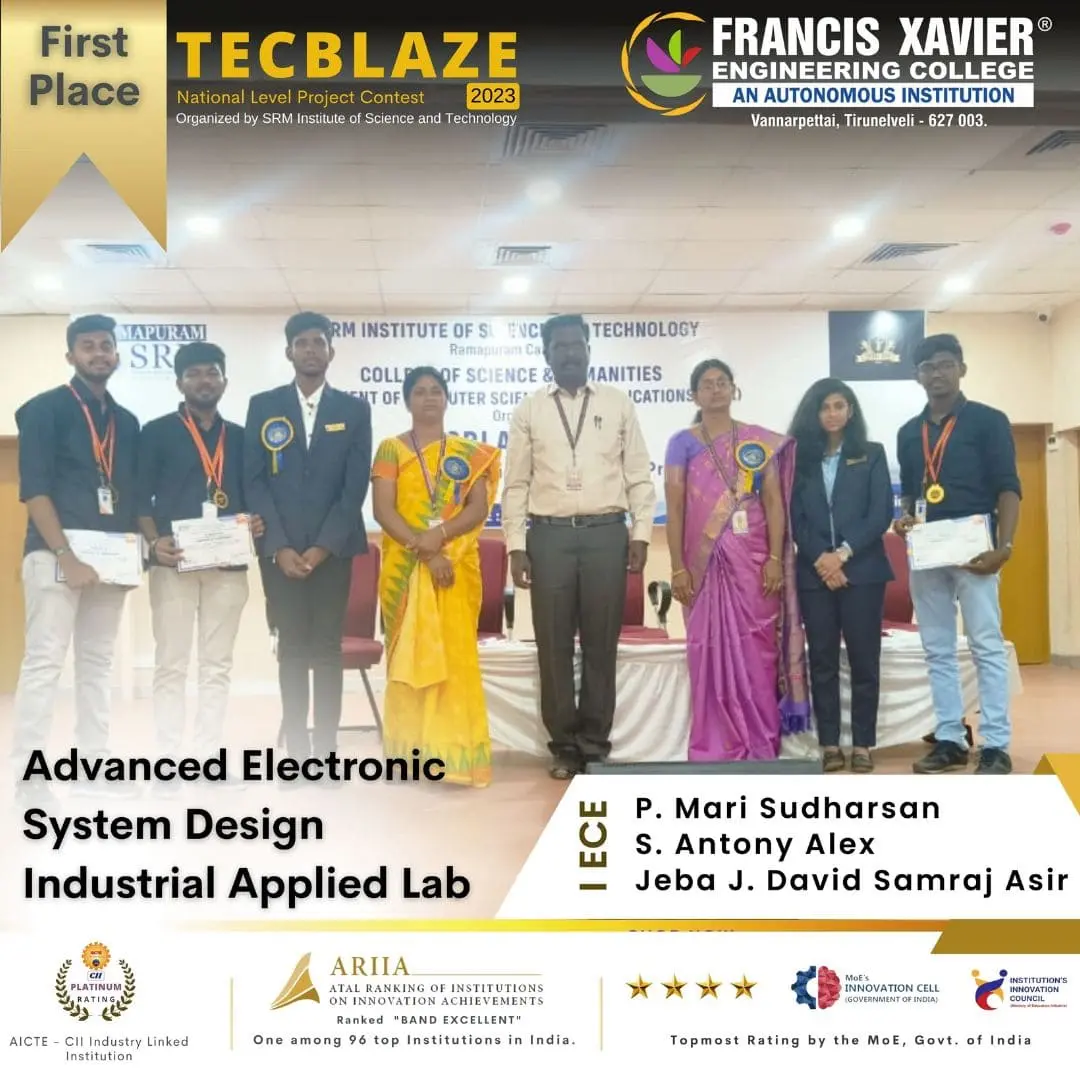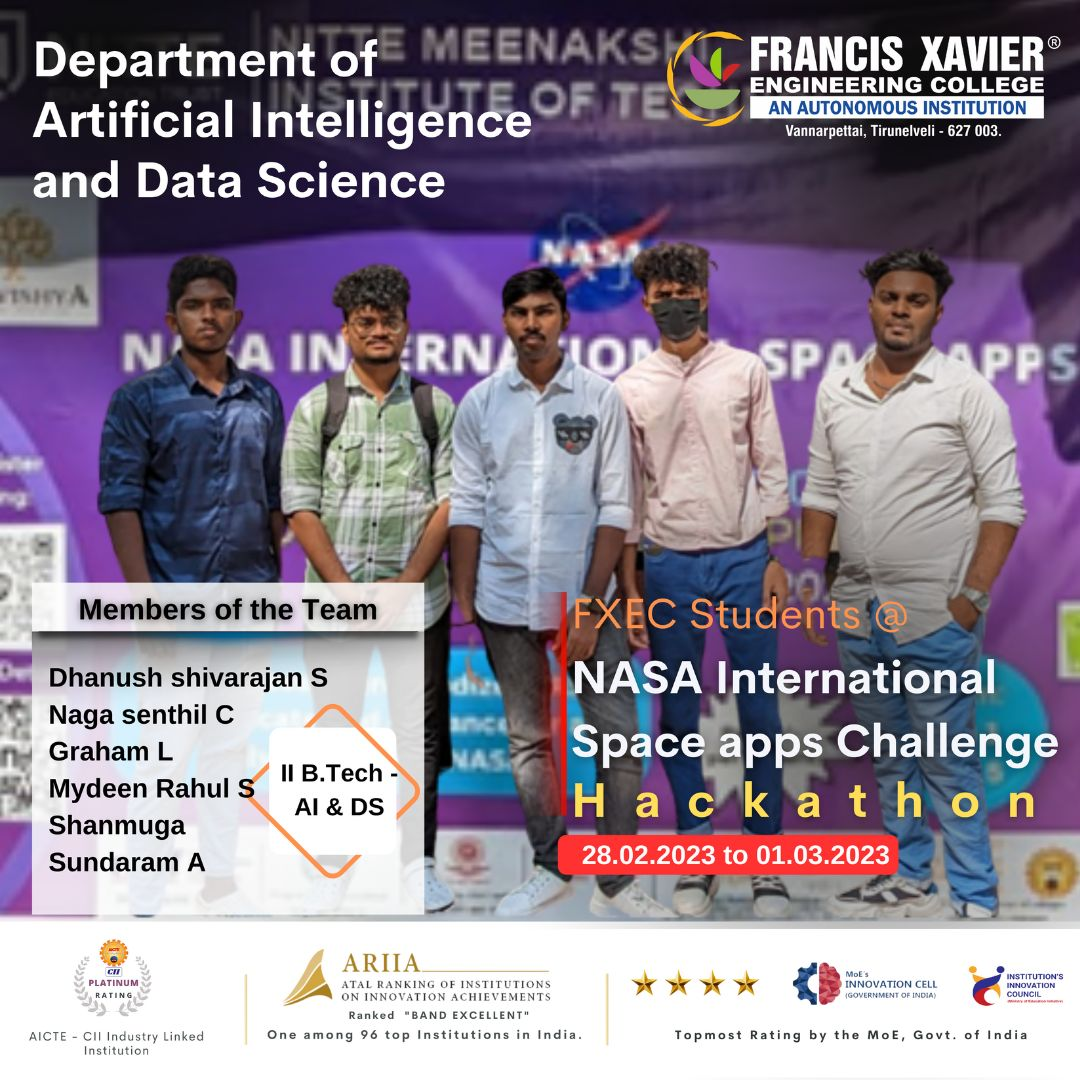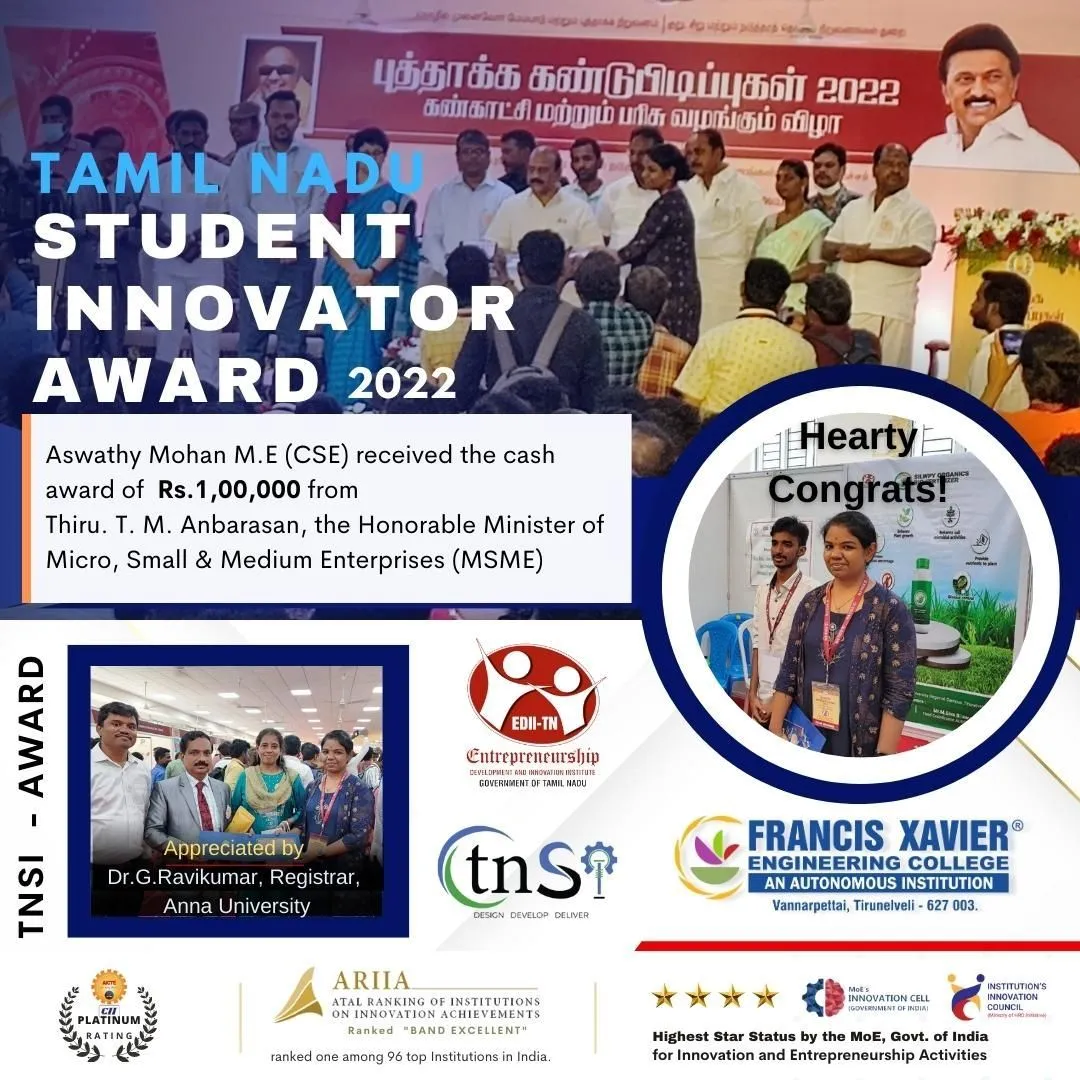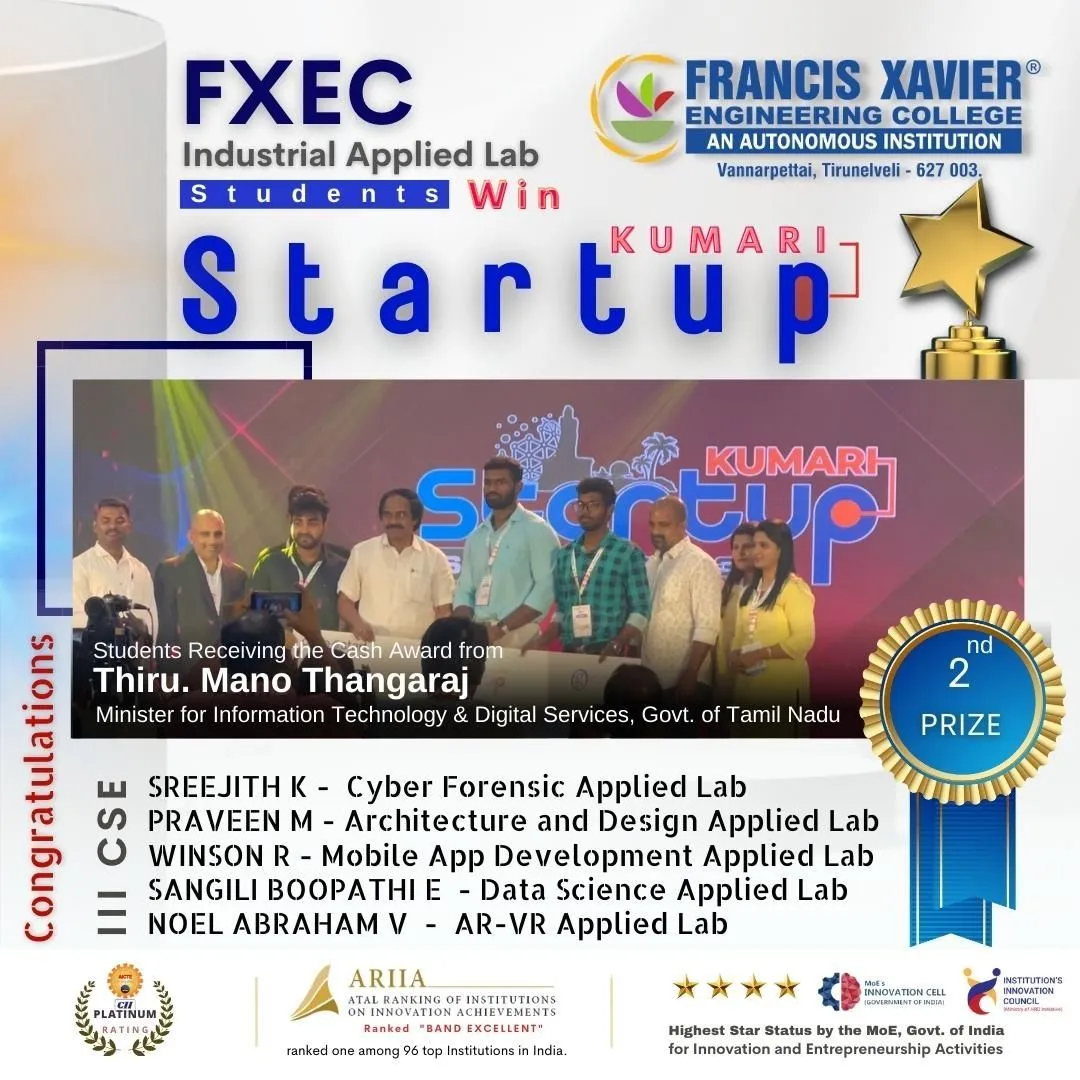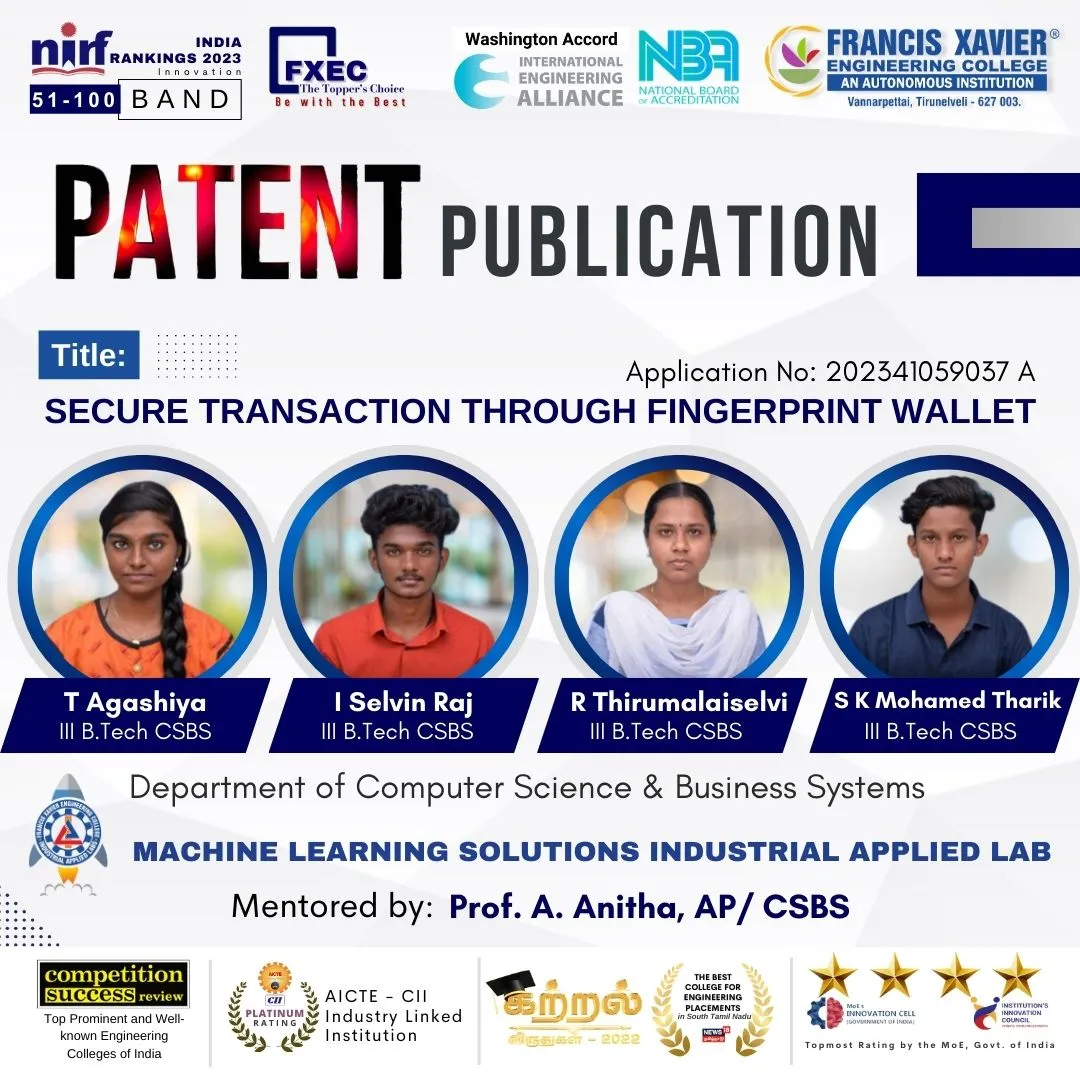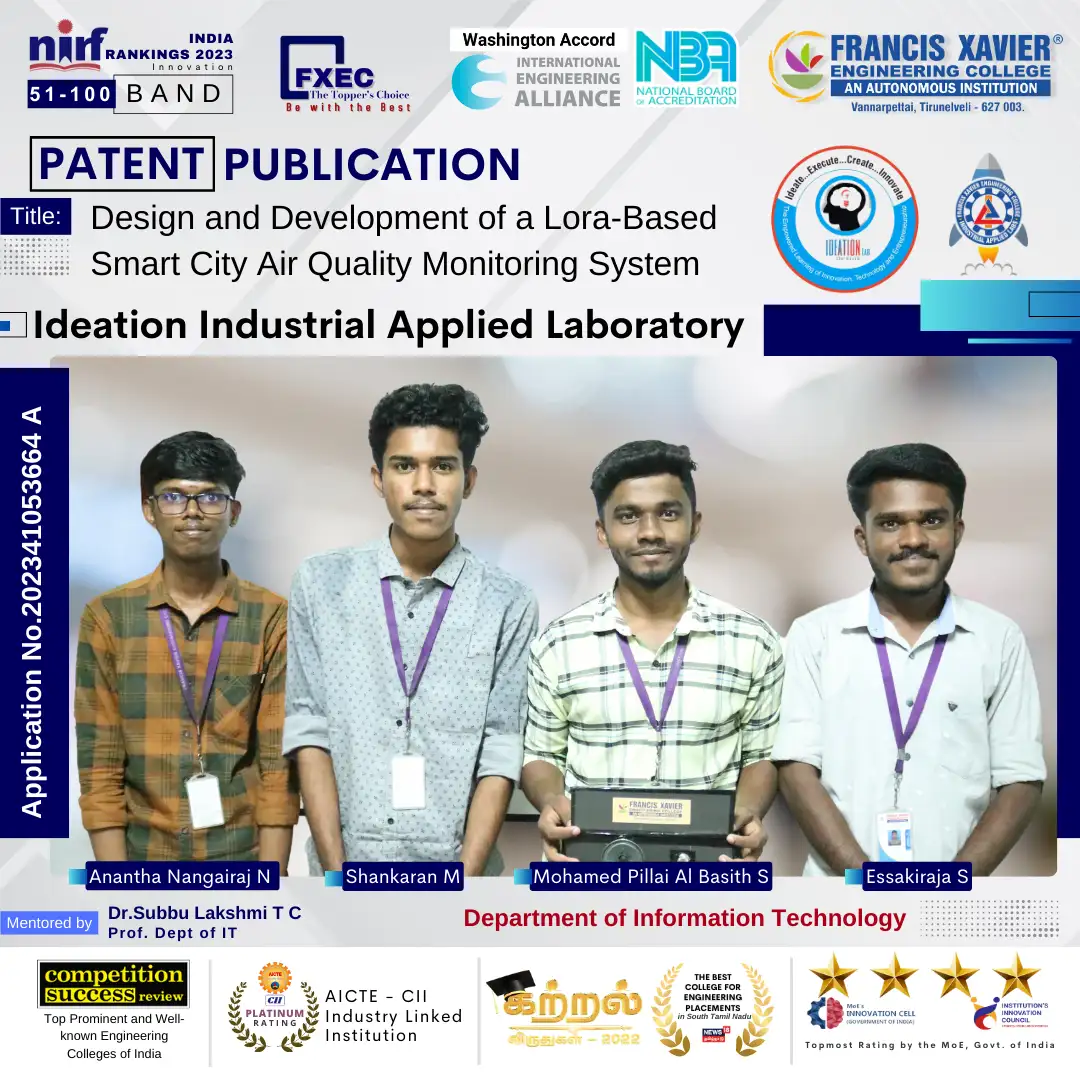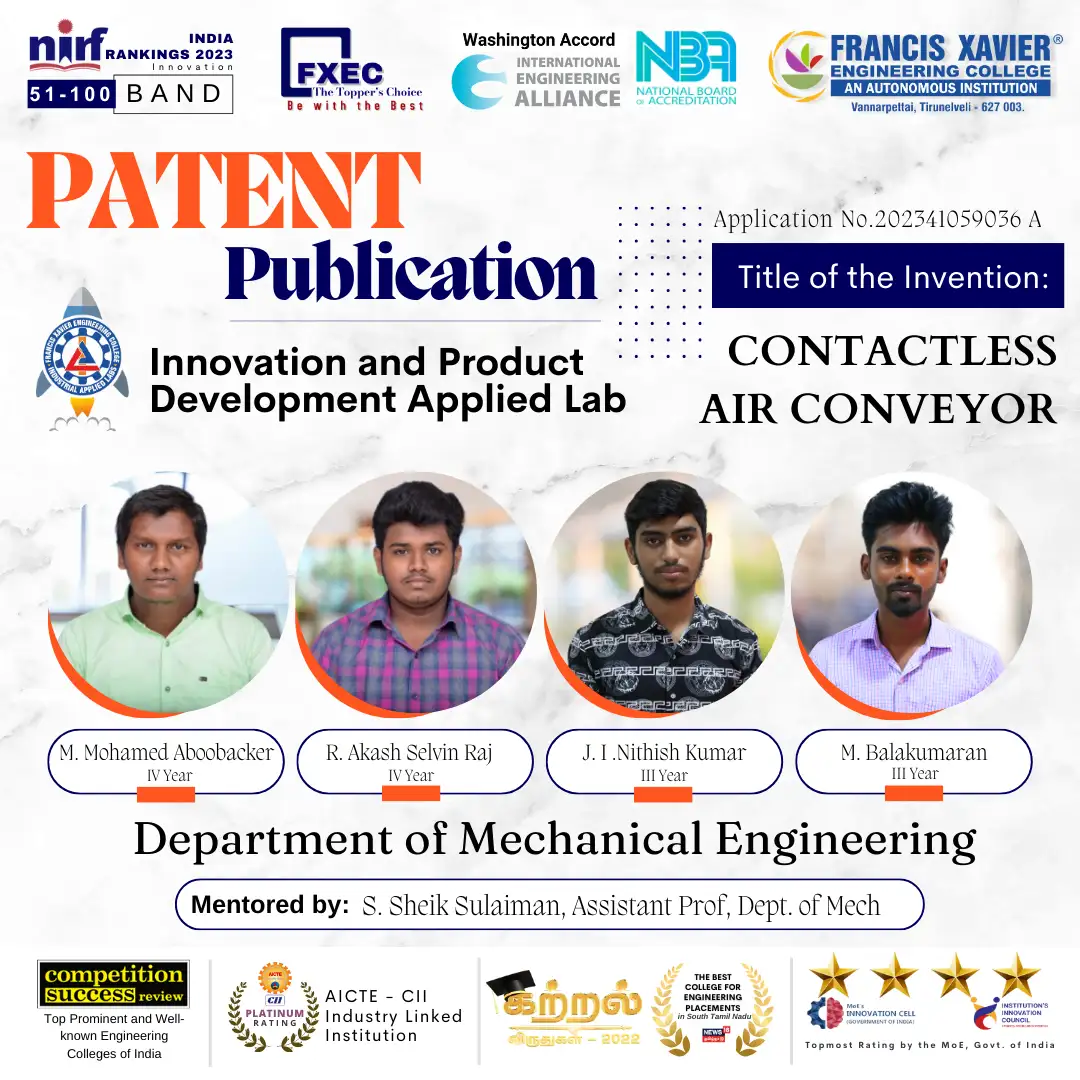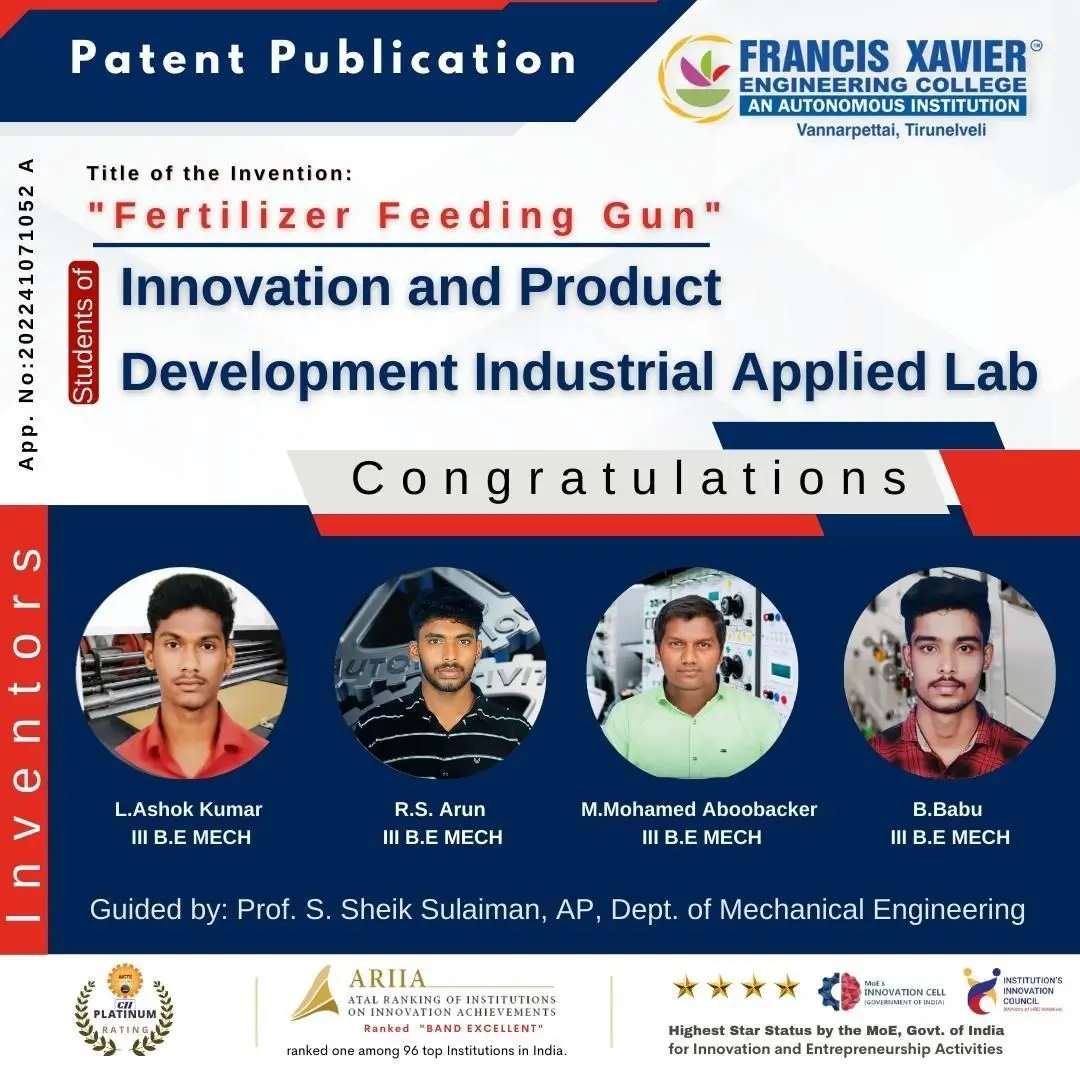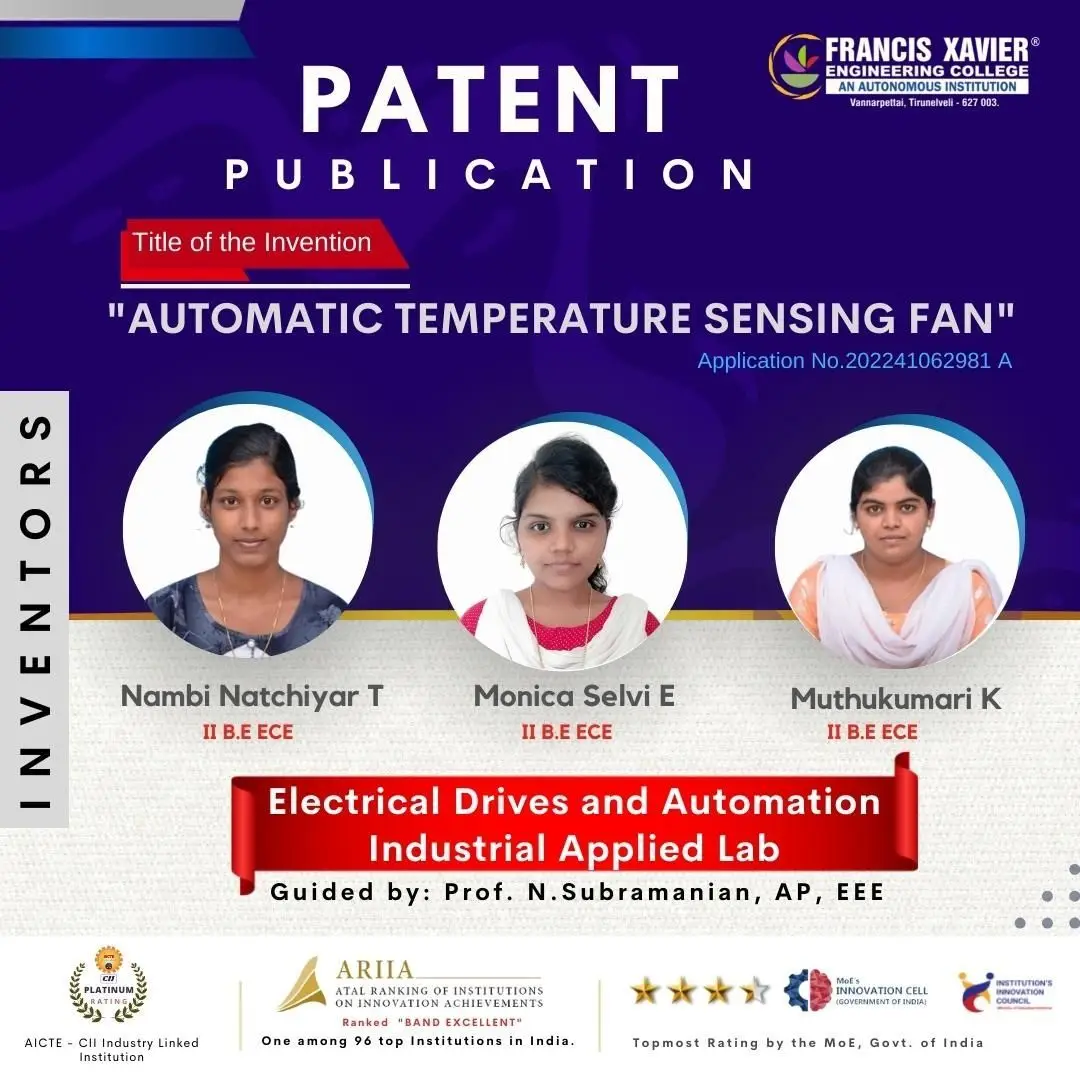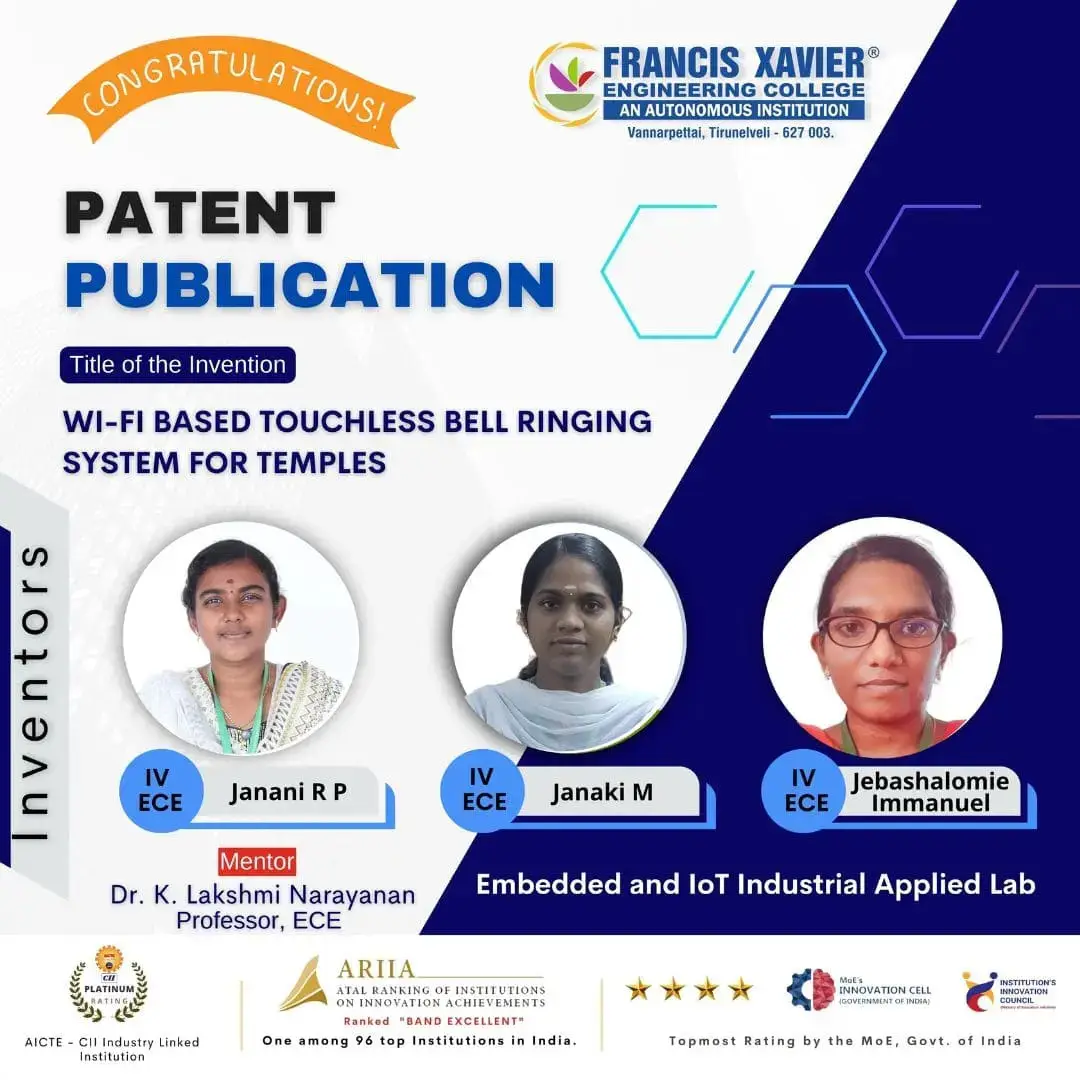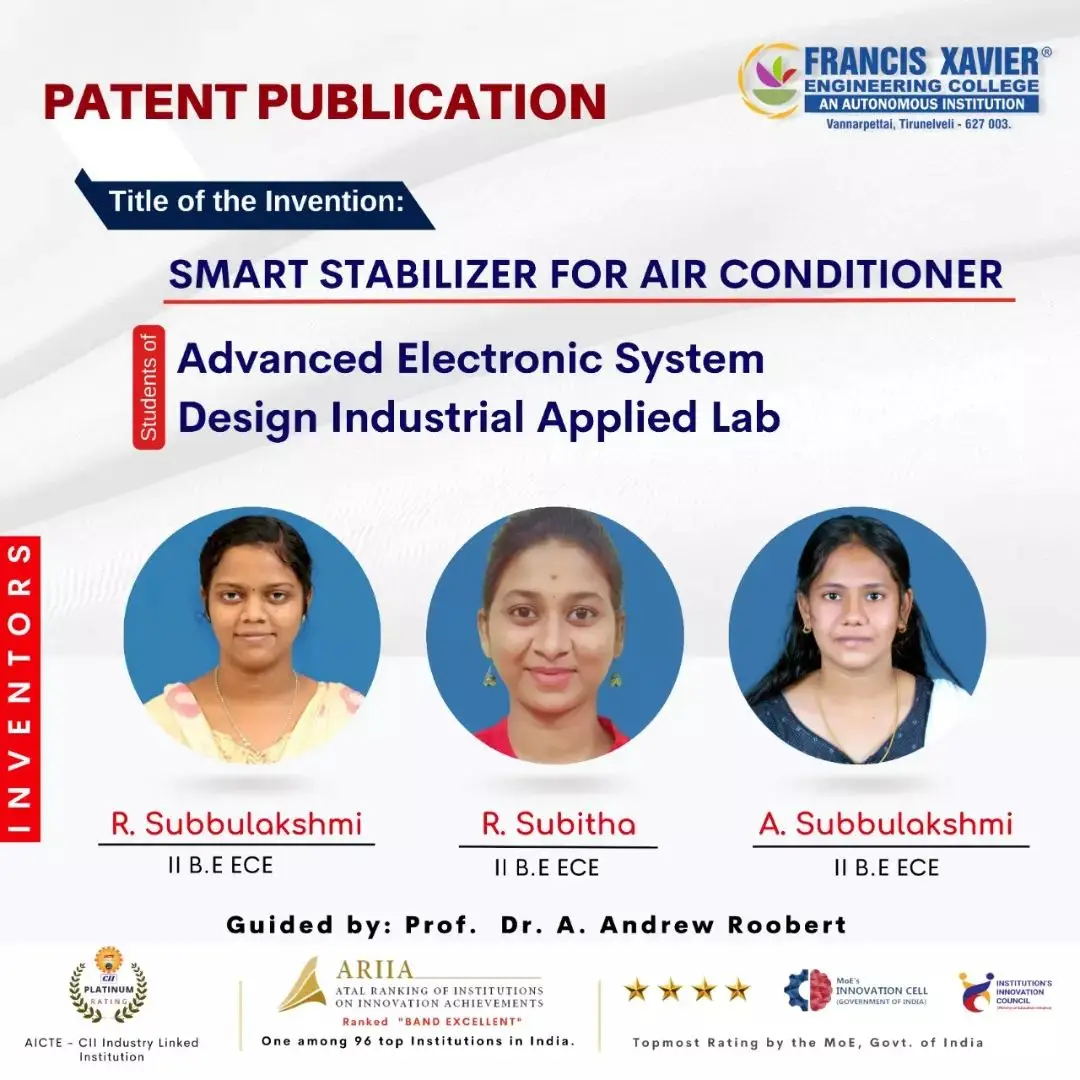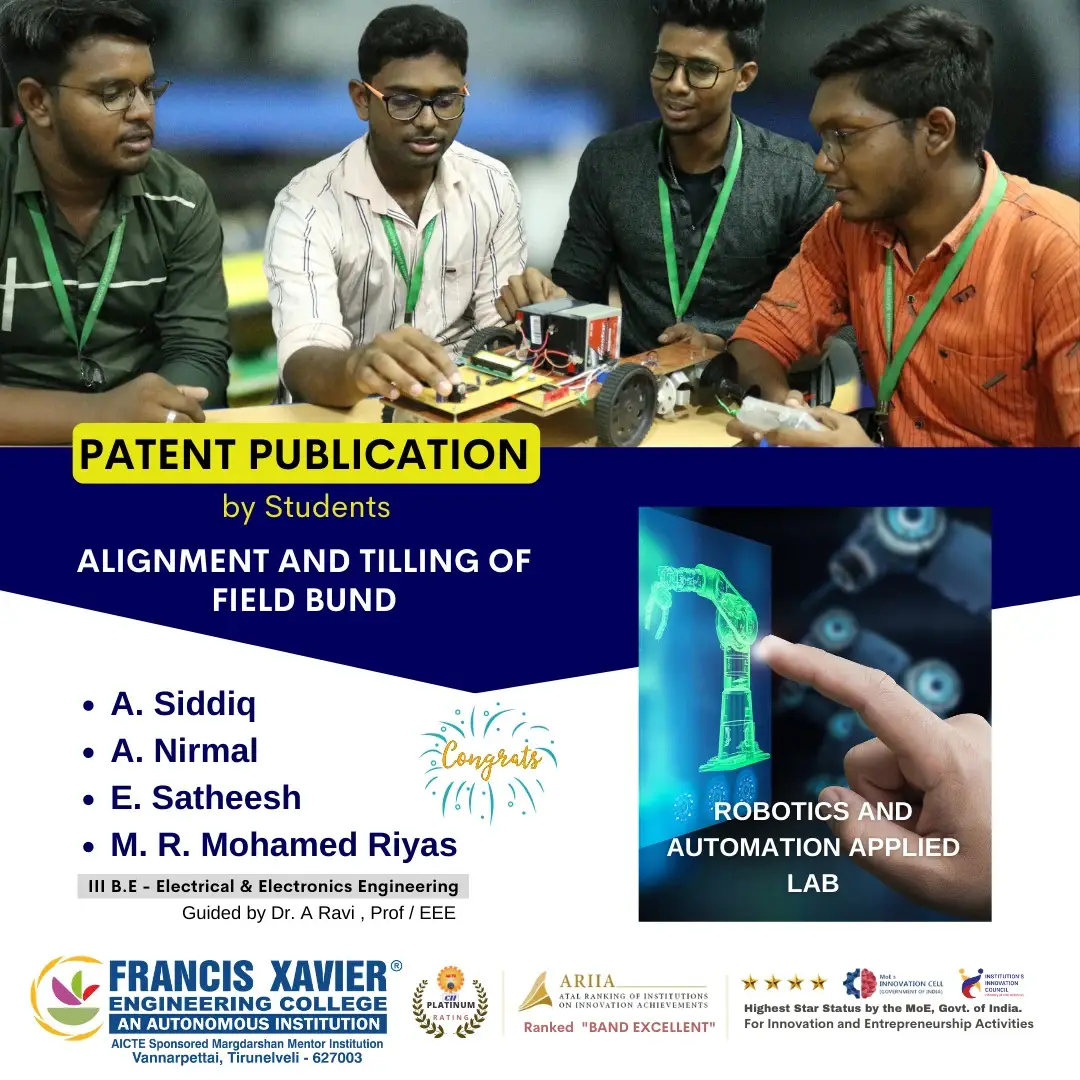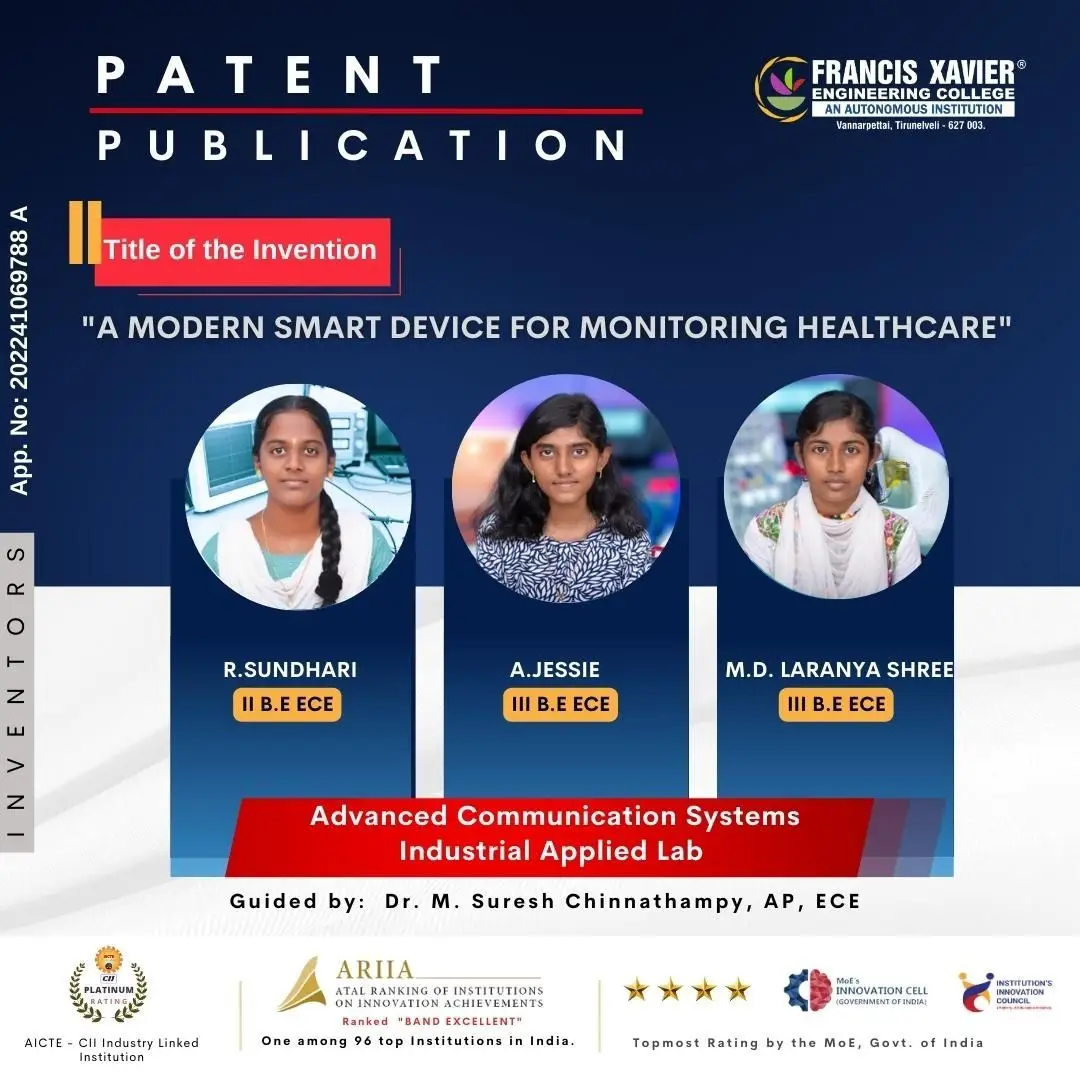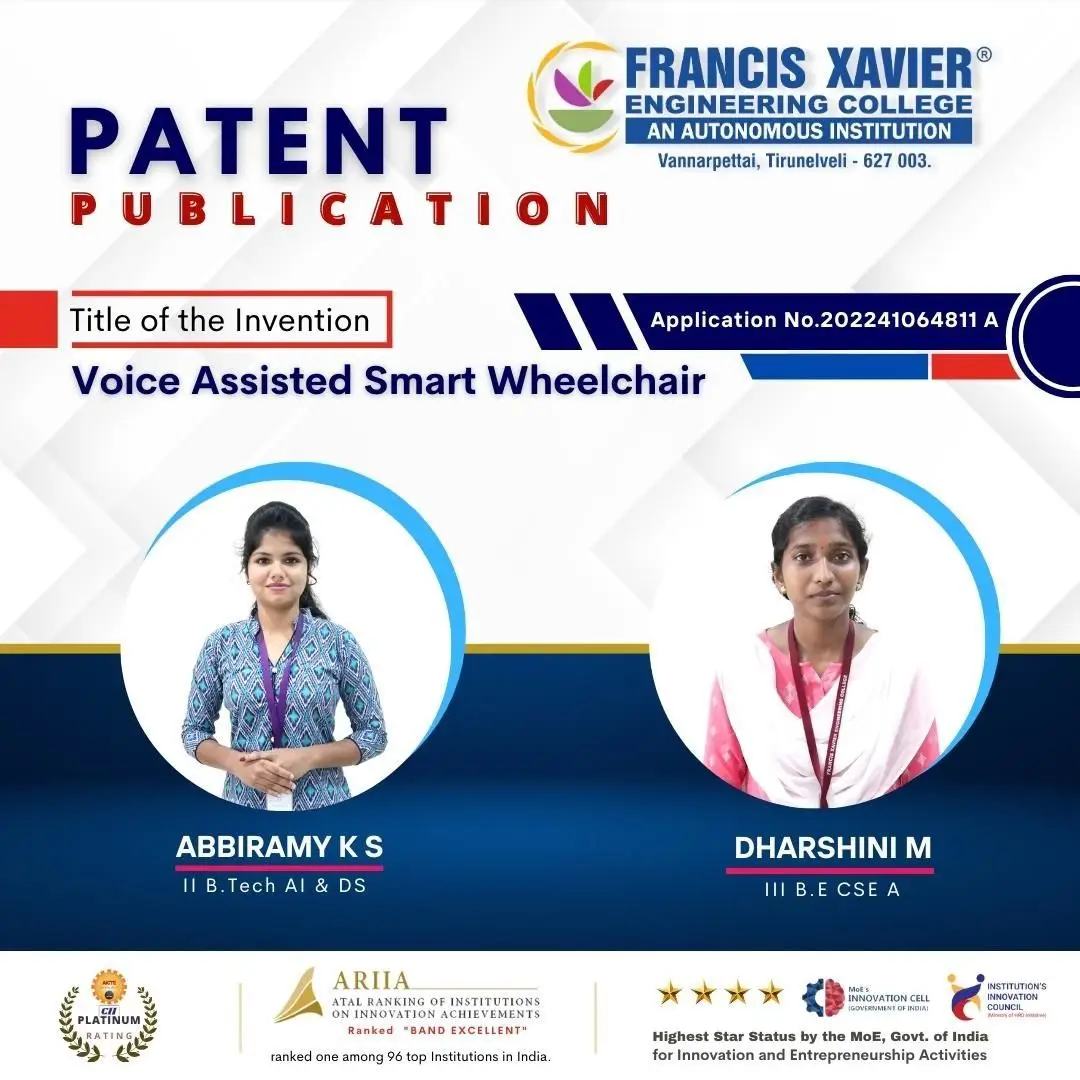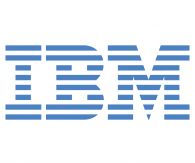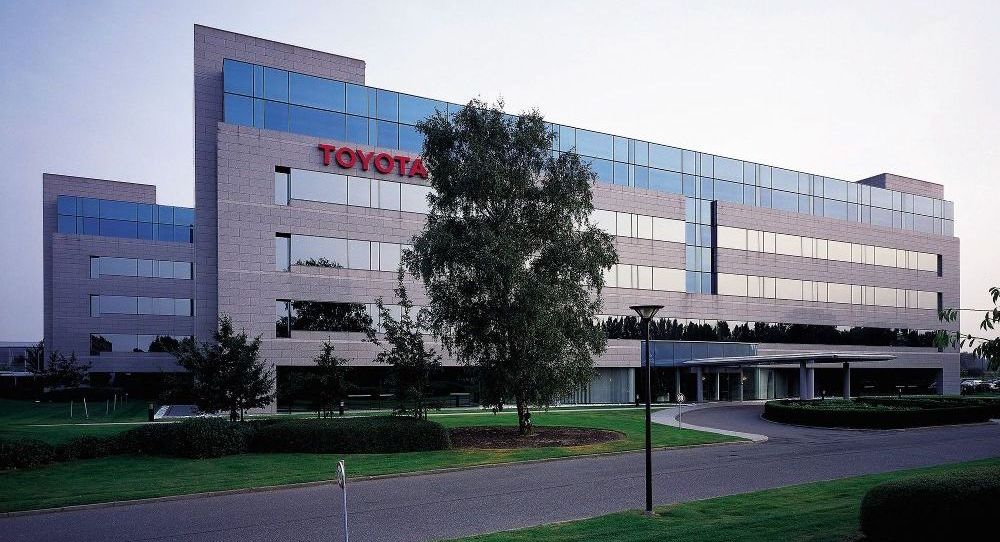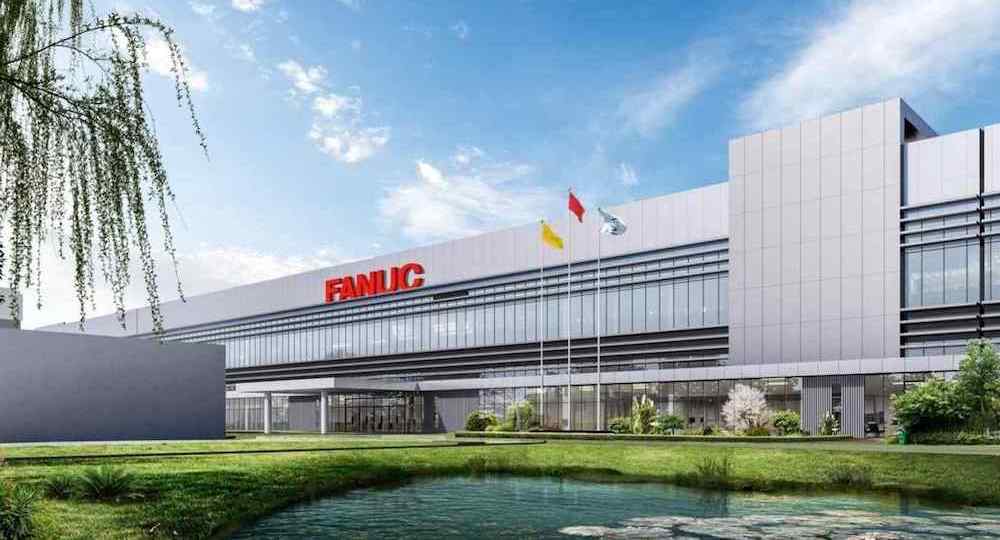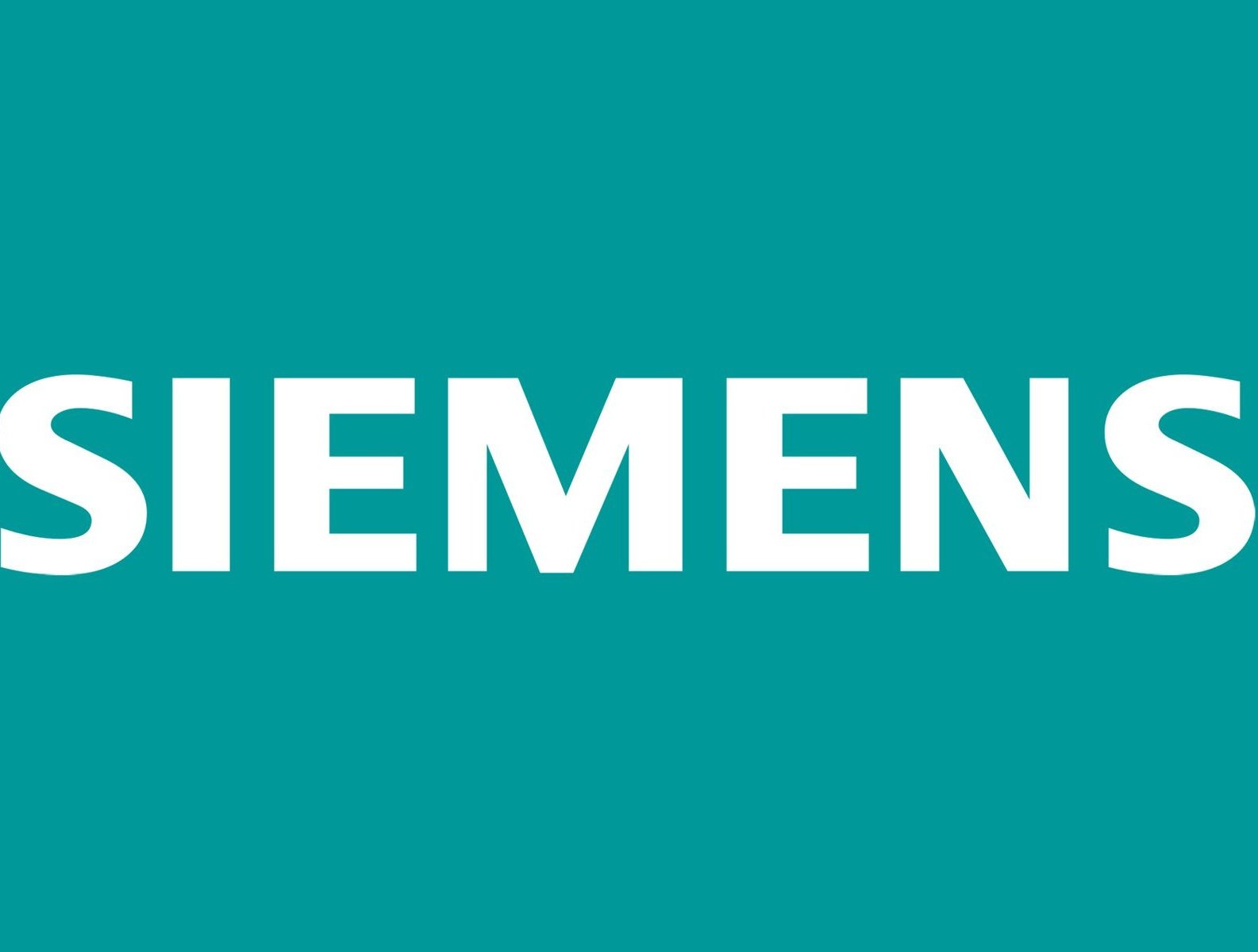Why MCA from FXEC

Academic Partnerships
TECH CONNECT – SOUTHERN INDIA CHAMBER OF COMMERCE

MoU

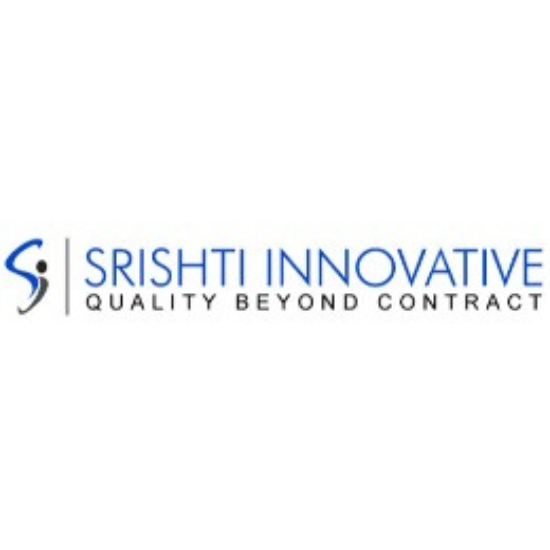


Research
No.of Paper Publication - 17
No.of Patents published - 3
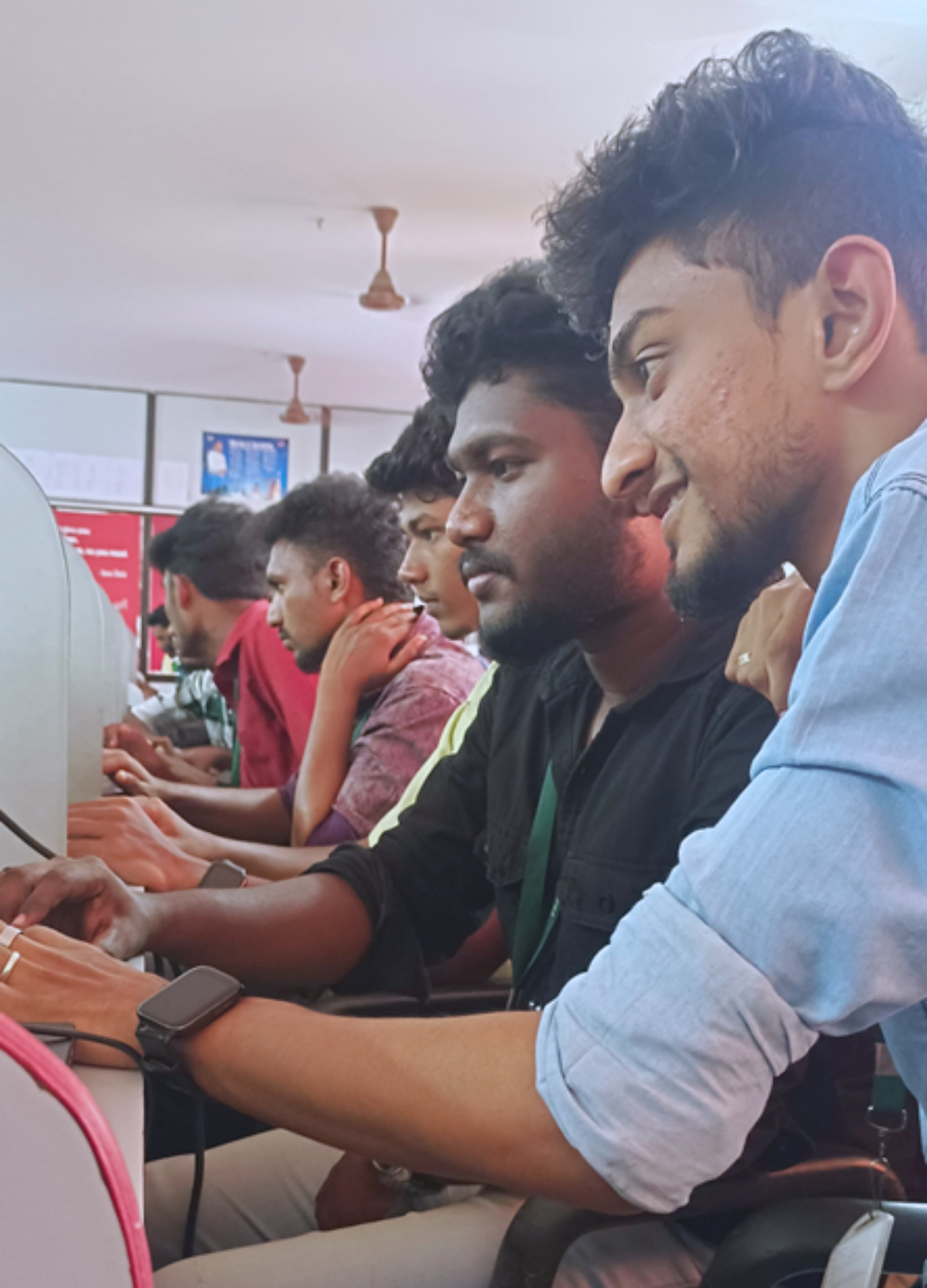
Programme Overview
MCA is a two-year professional master's degree program in computer applications. The program is a blend of both theoretical and practical knowledge endowing the students with abundant opportunity to work with tools meant to develop better and faster applications and was designed for the students to meet the growing demand of qualified professionals in the field of IT & MCA which was established in the year 2007 with an intake of 60 seats.
- 714+ Total Offers
- 315 Internship with Salary
- 17 Lac Per Annum Highest Package
- 126 Companies Recruited
Vision
To provide high quality education in the field of computer applications and there by create computer professionals with proper leadership skills, commitment and moral values
Mission
- To impart education par-excellence through innovative training, research and development focusing on the industrial requirements making it beneficial to the individuals, industry and the society.
- To achieve professional excellence through high quality innovative teaching and training in computer applications for the development of students who can excel in the present future competitive profession according to the changing needs of the companies with high degree of integrity and ethical standards.
PEO, PO, PSO
Master of Computer Applications
Industry Institute Partnership
Our Key Recruiters

























